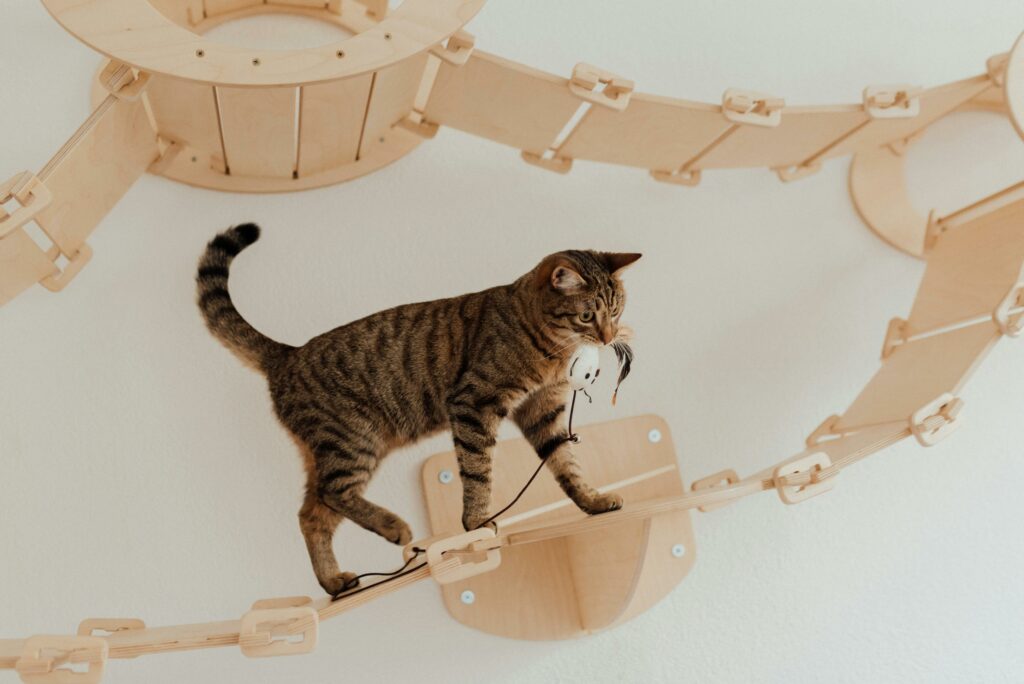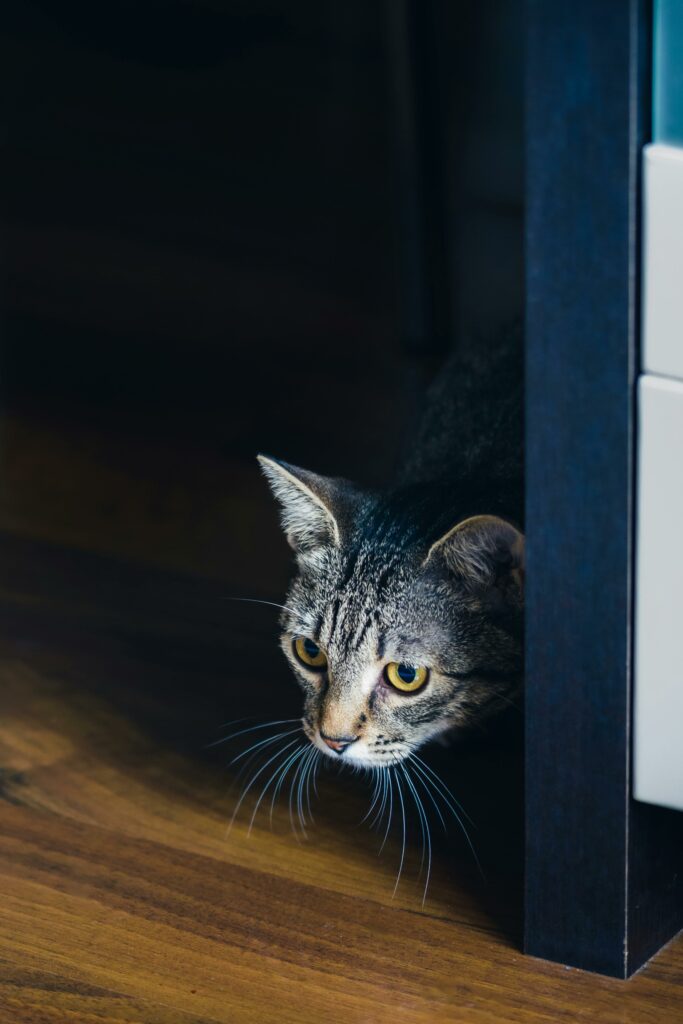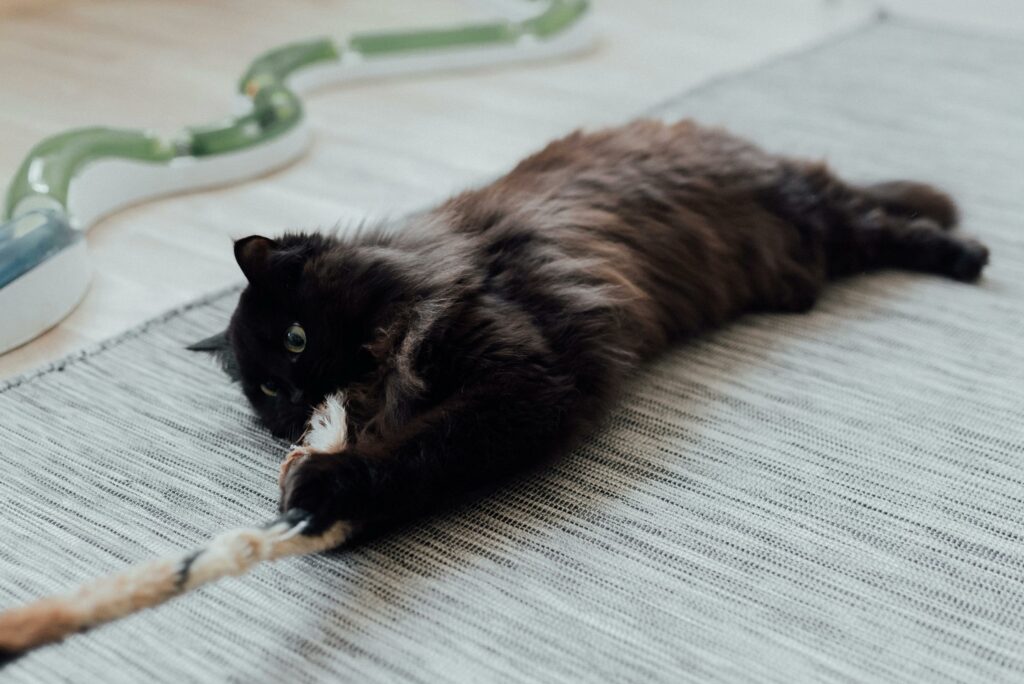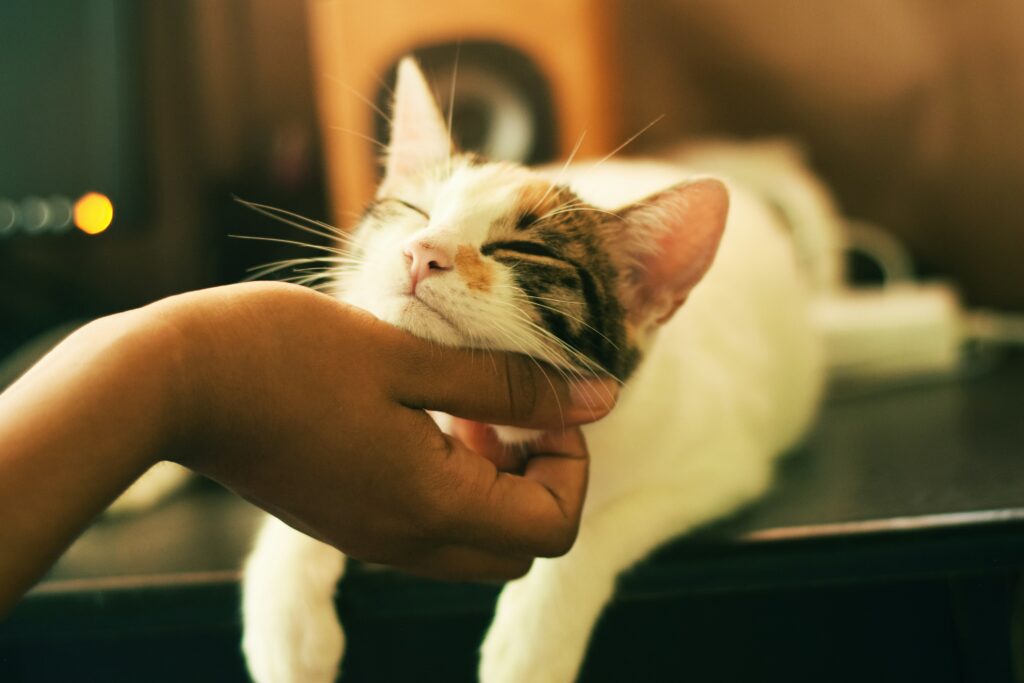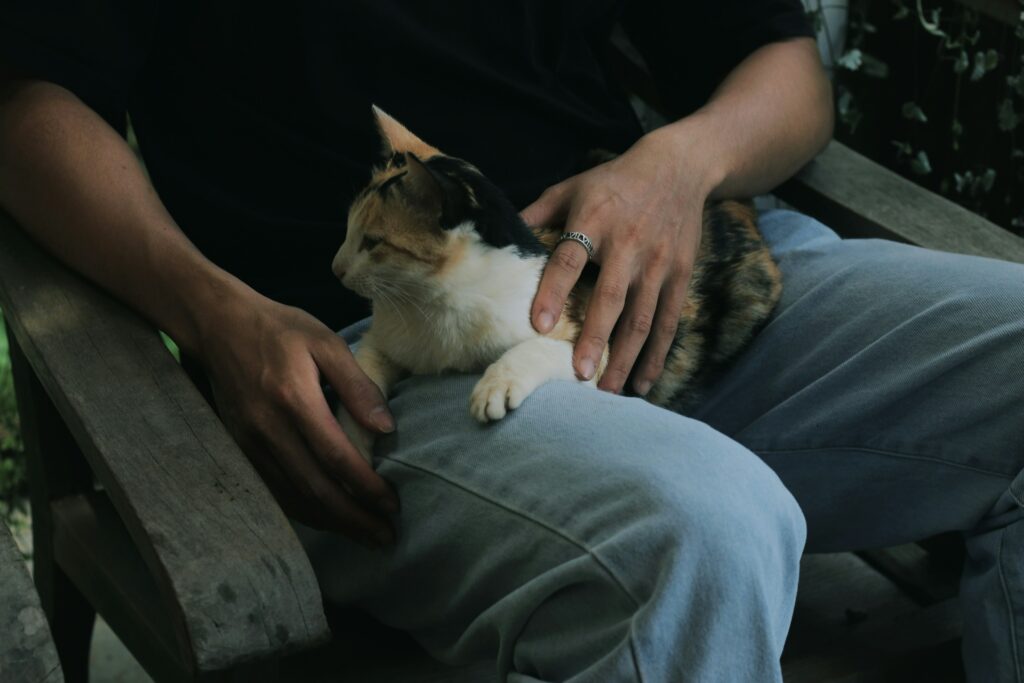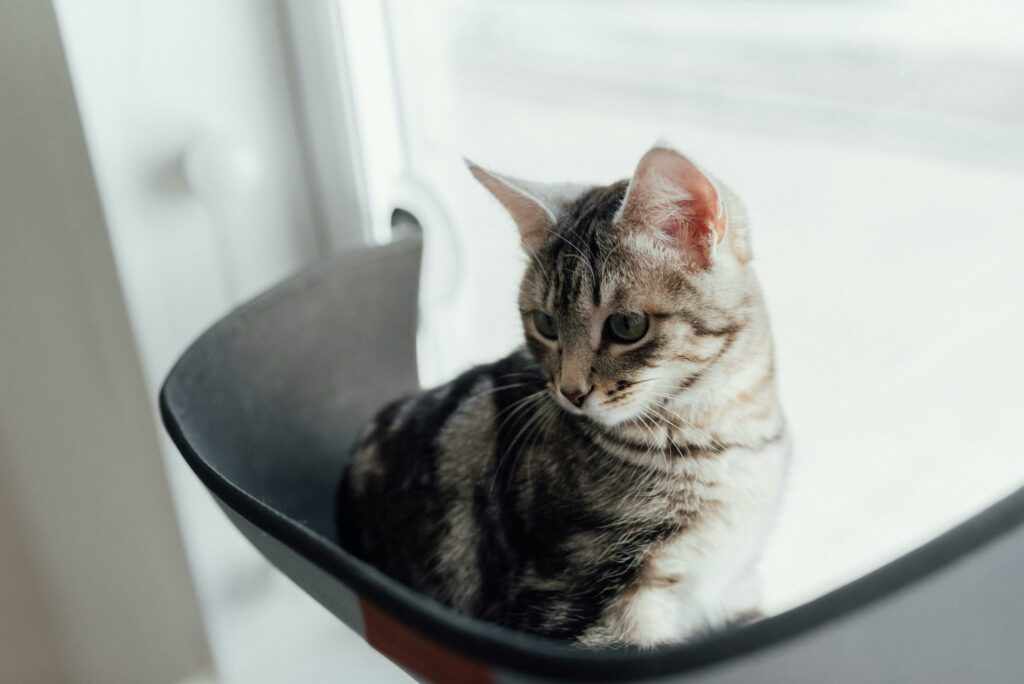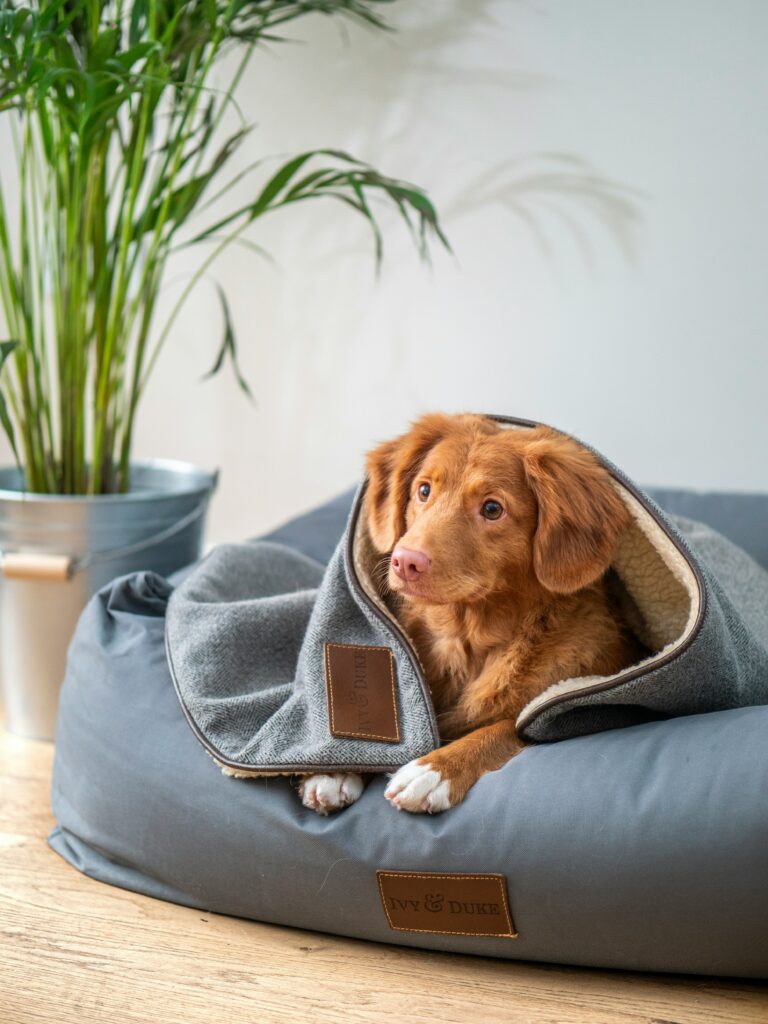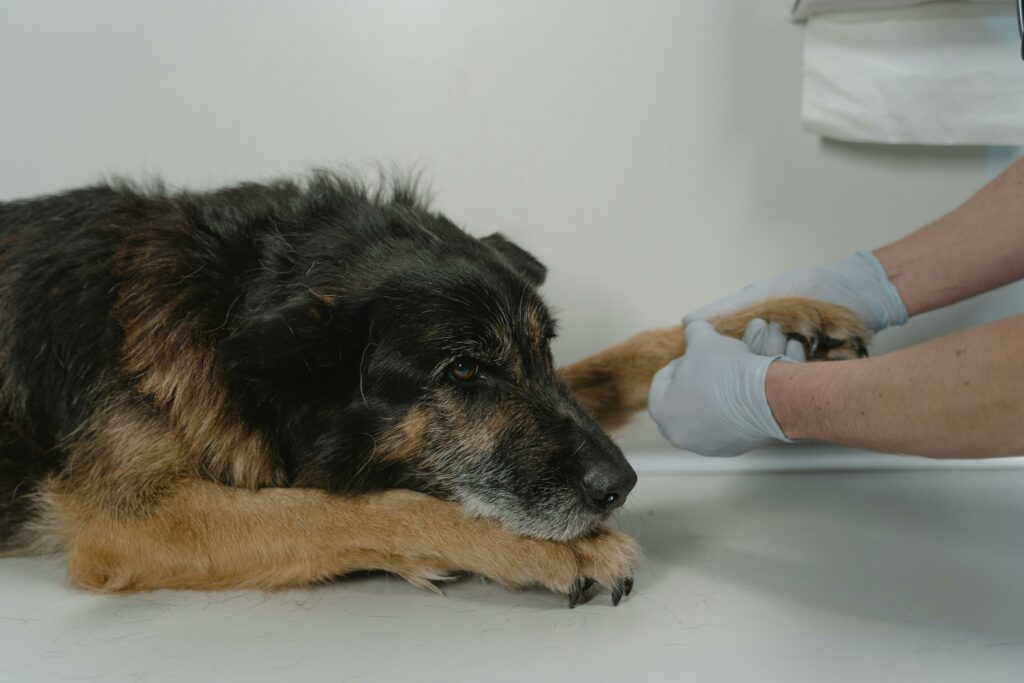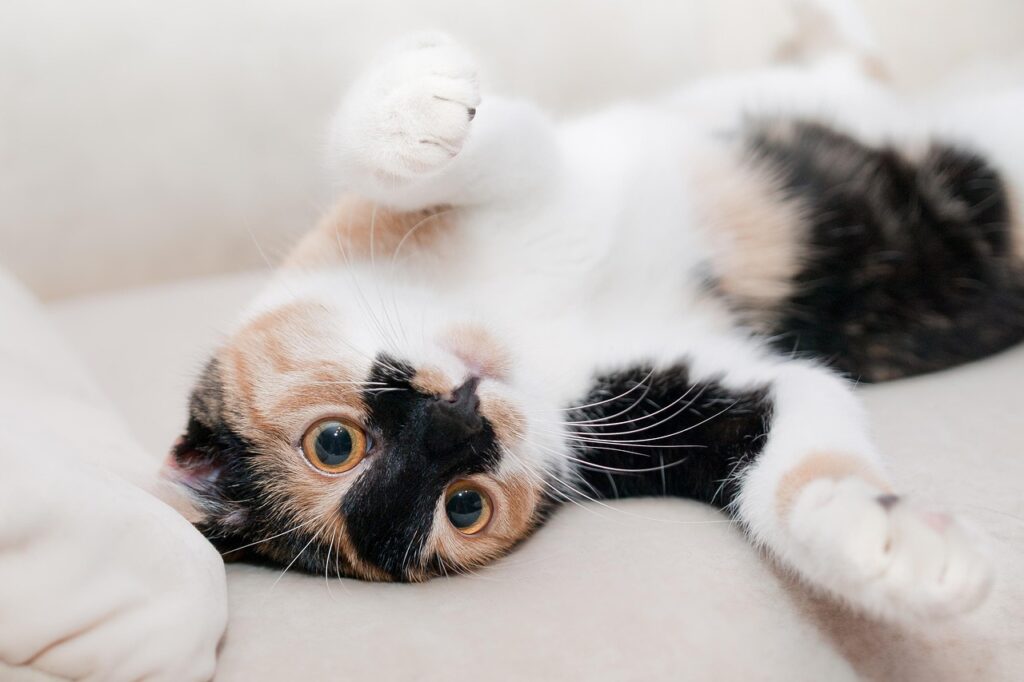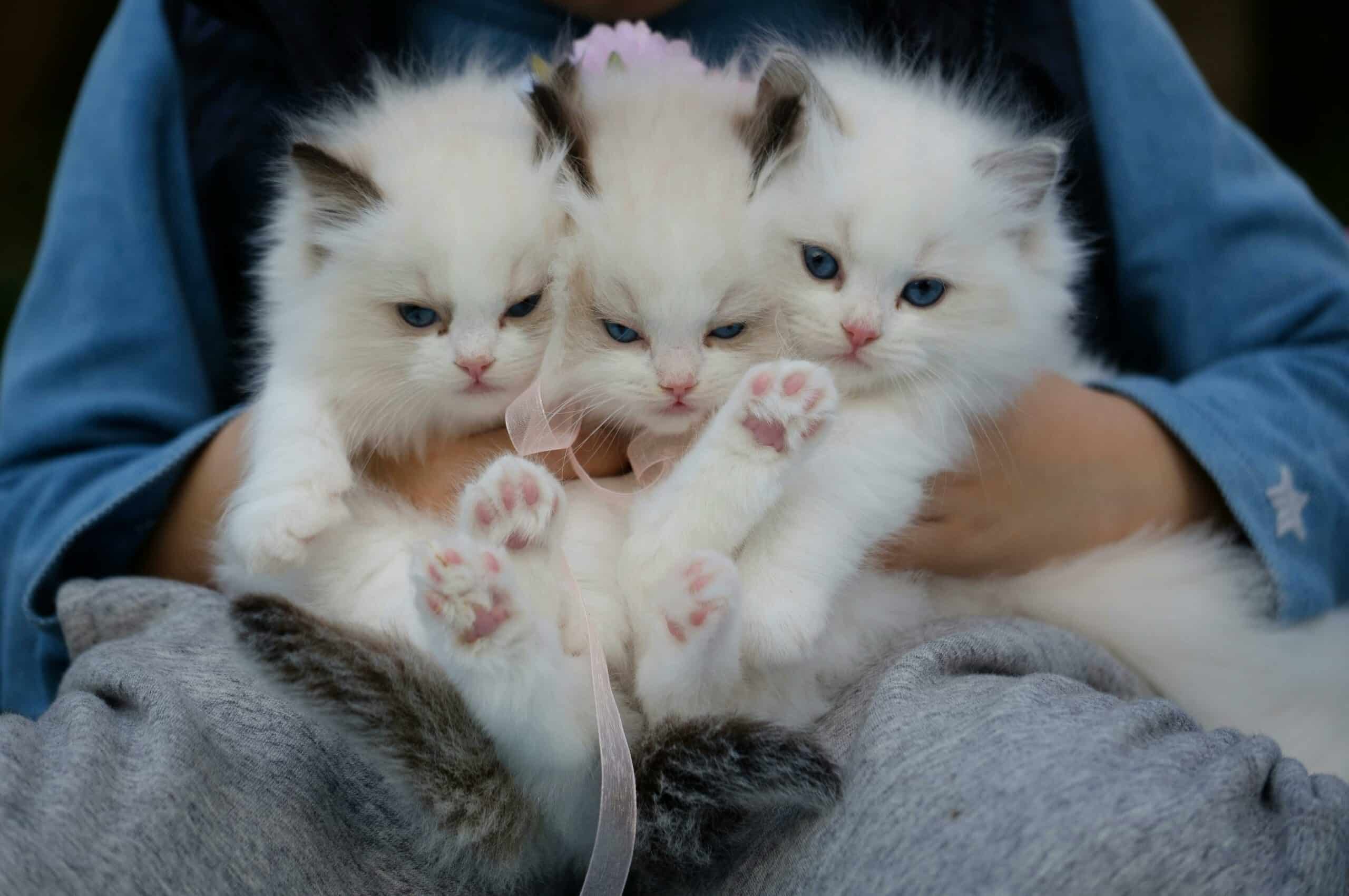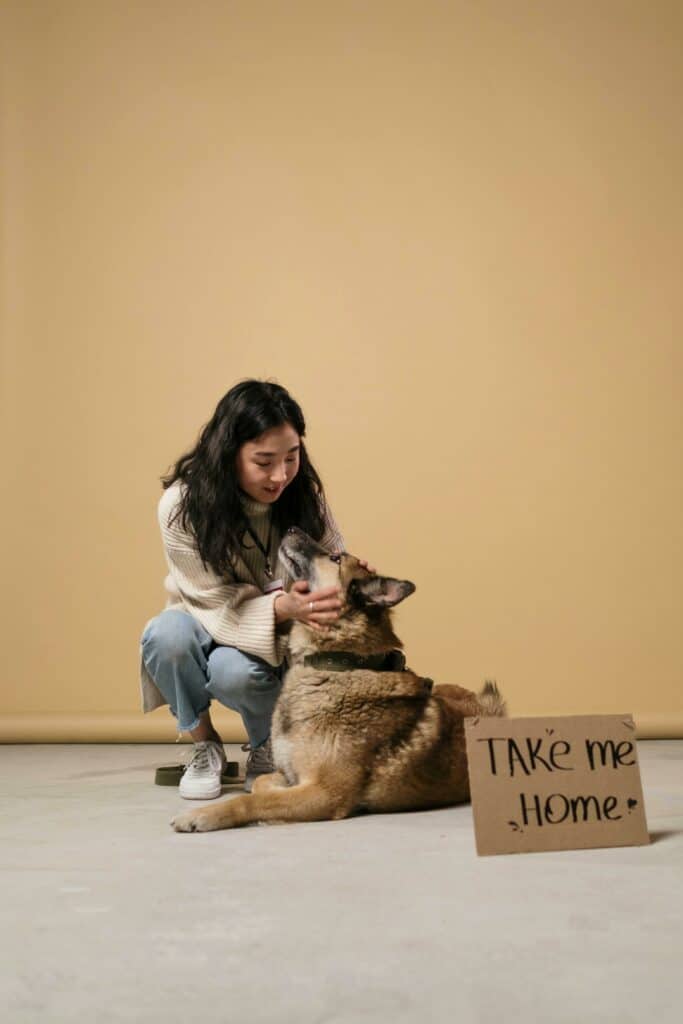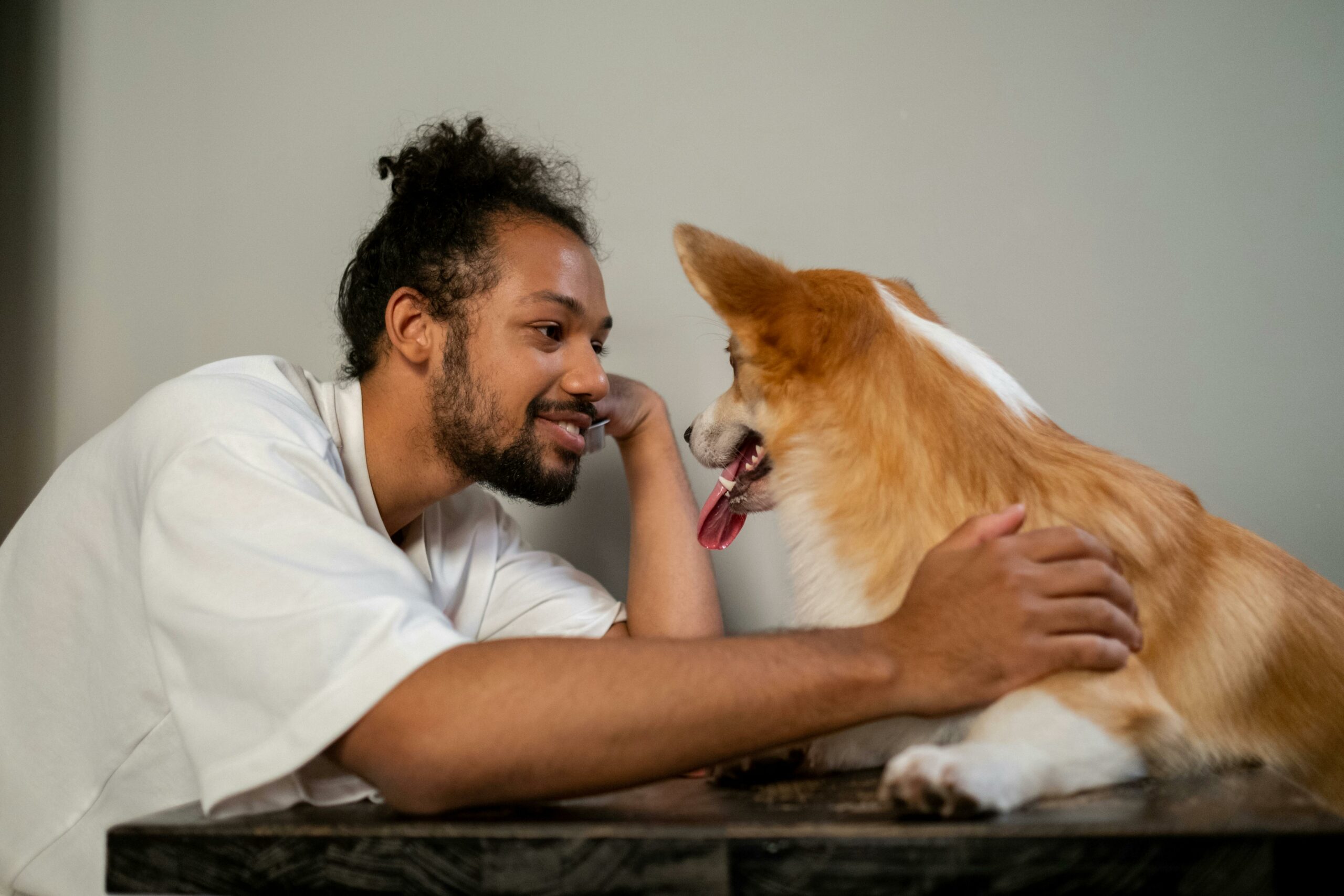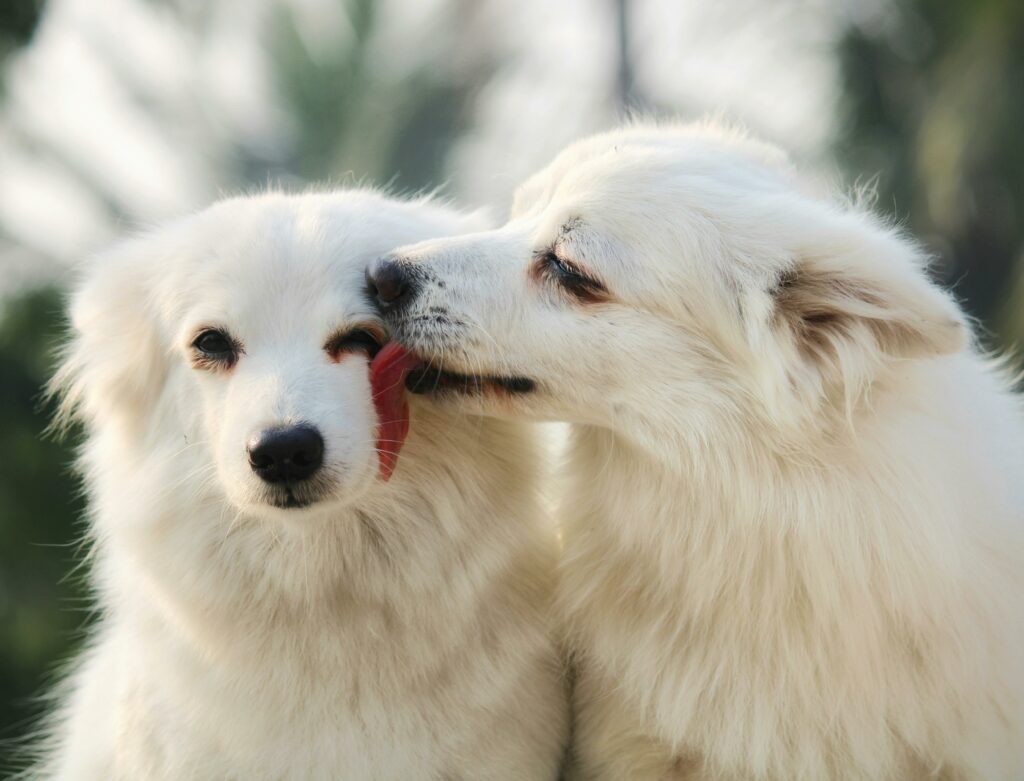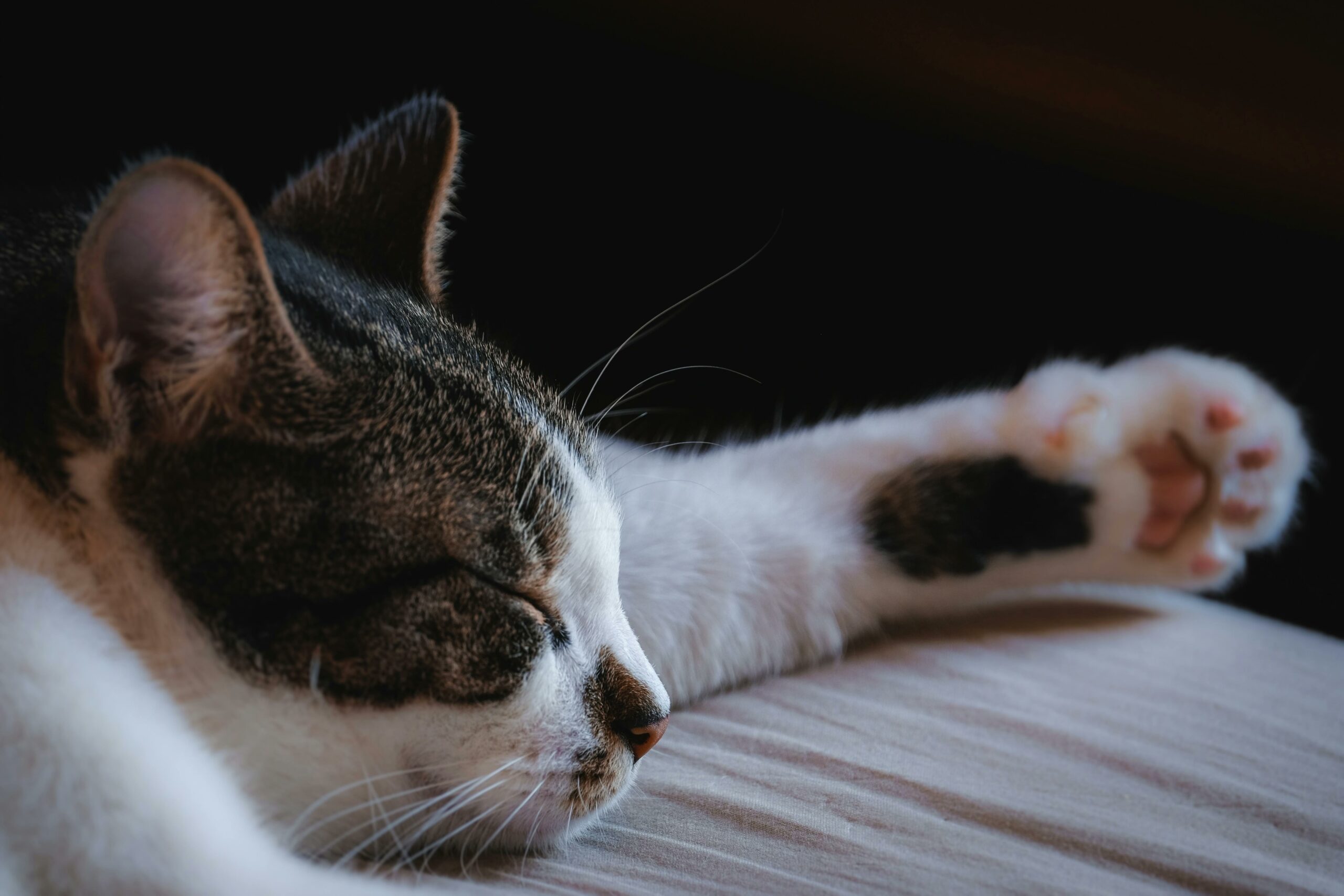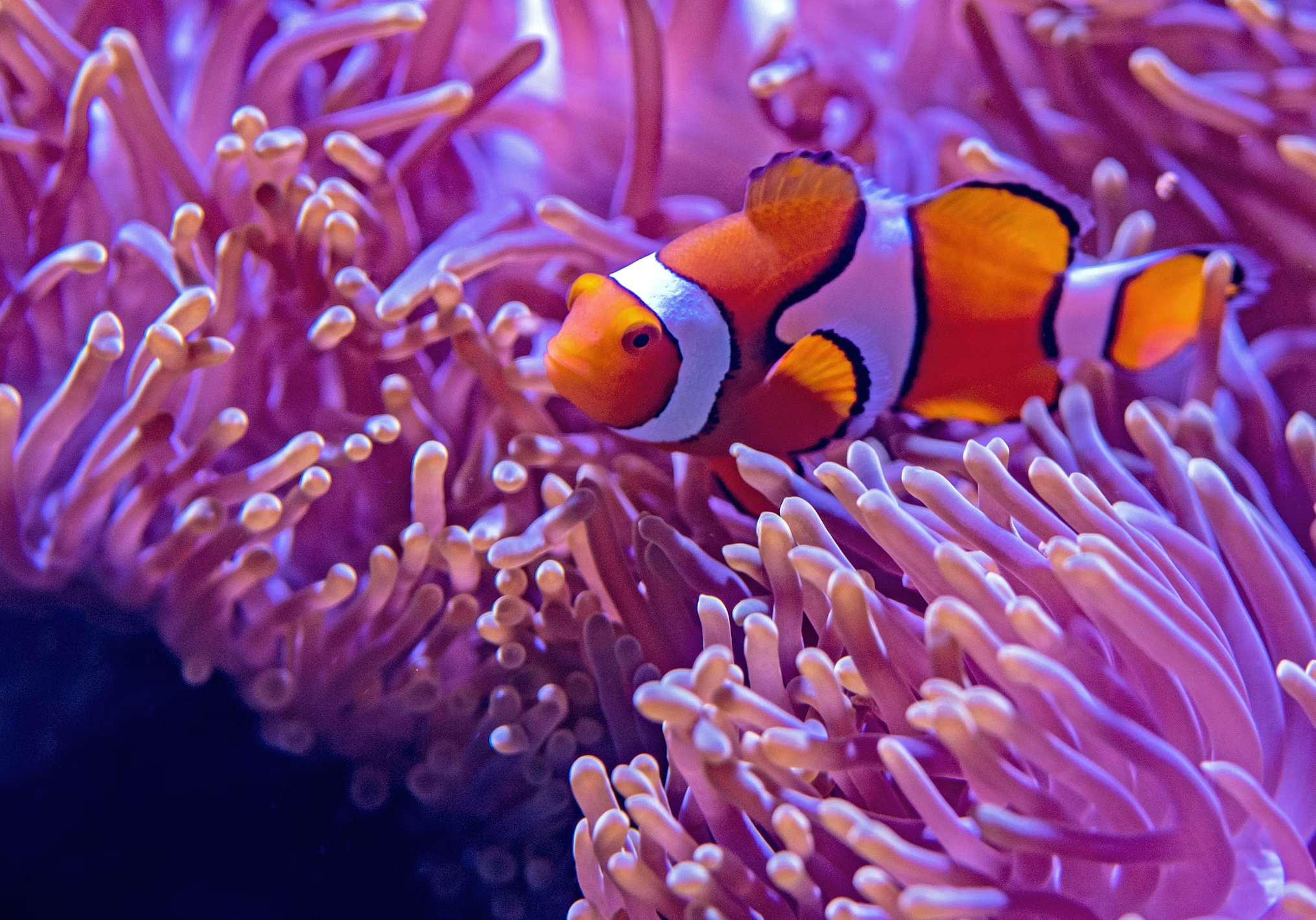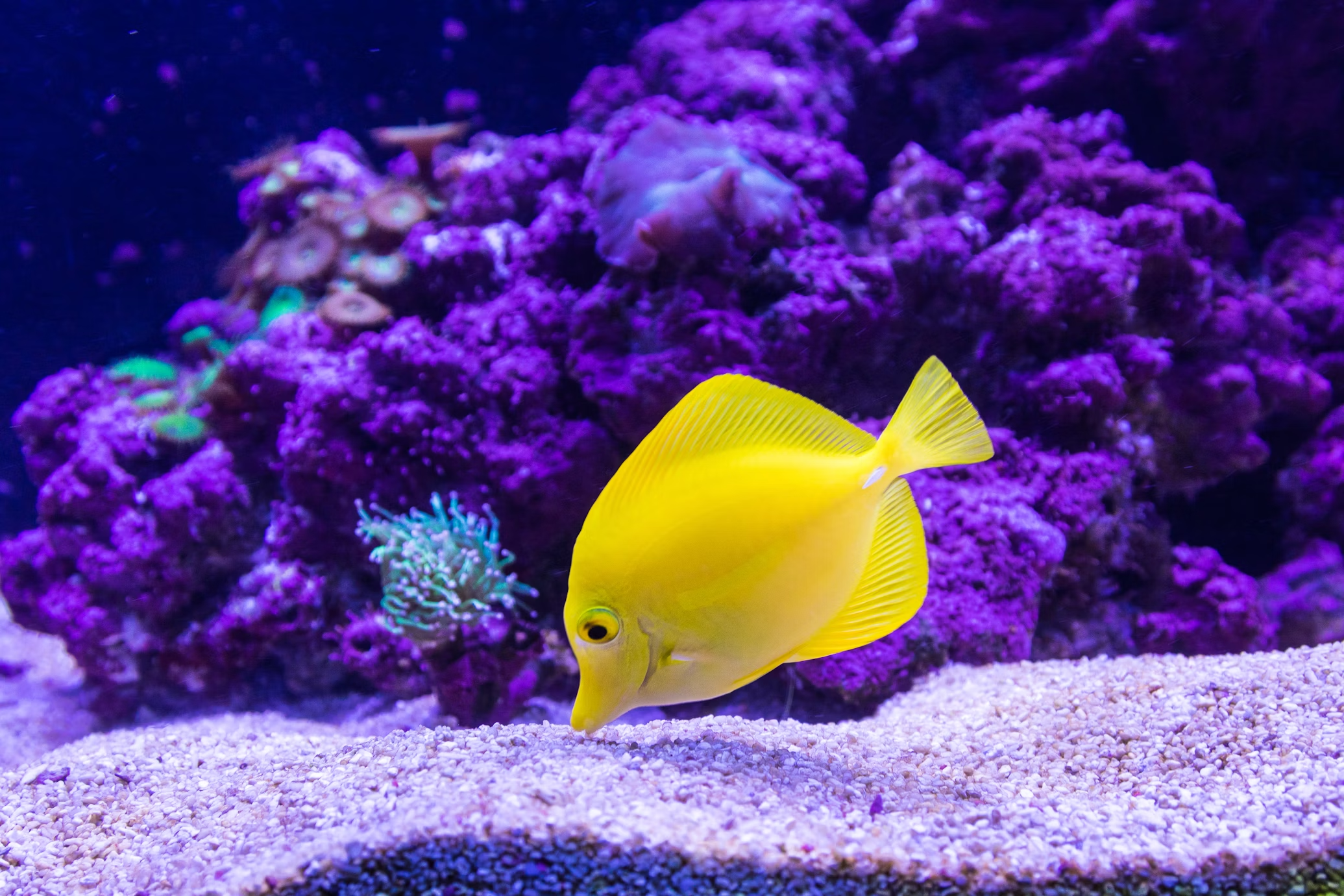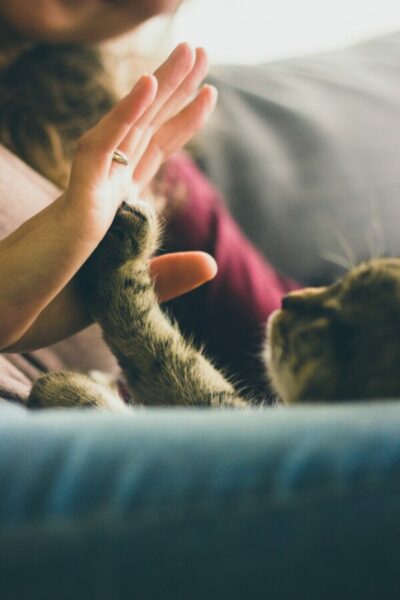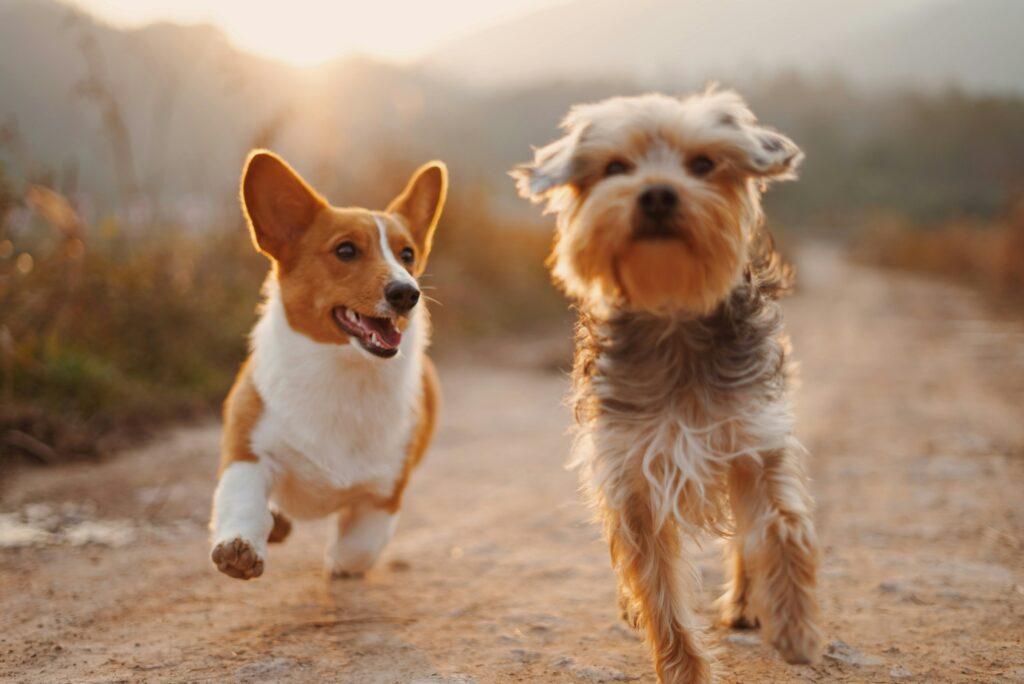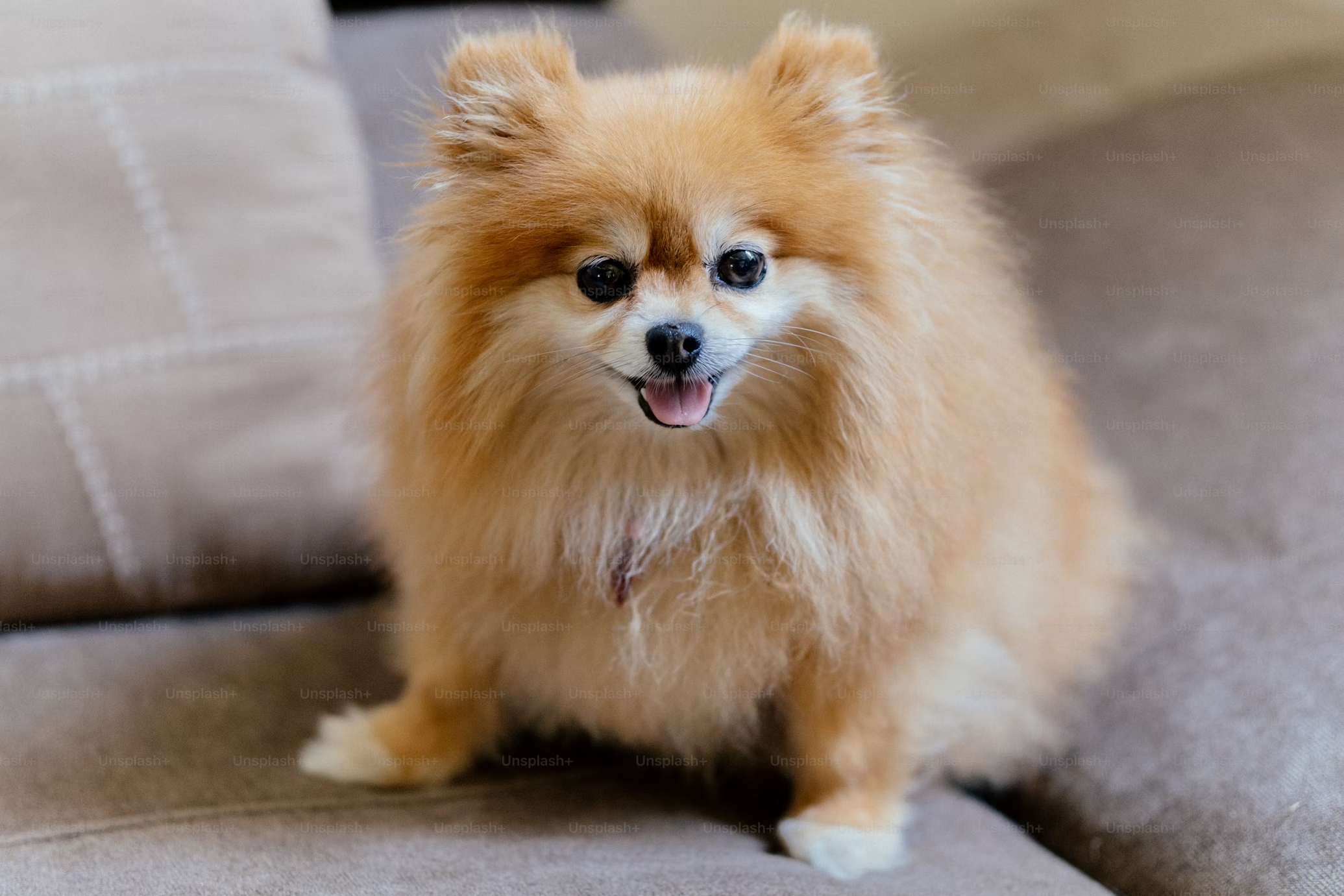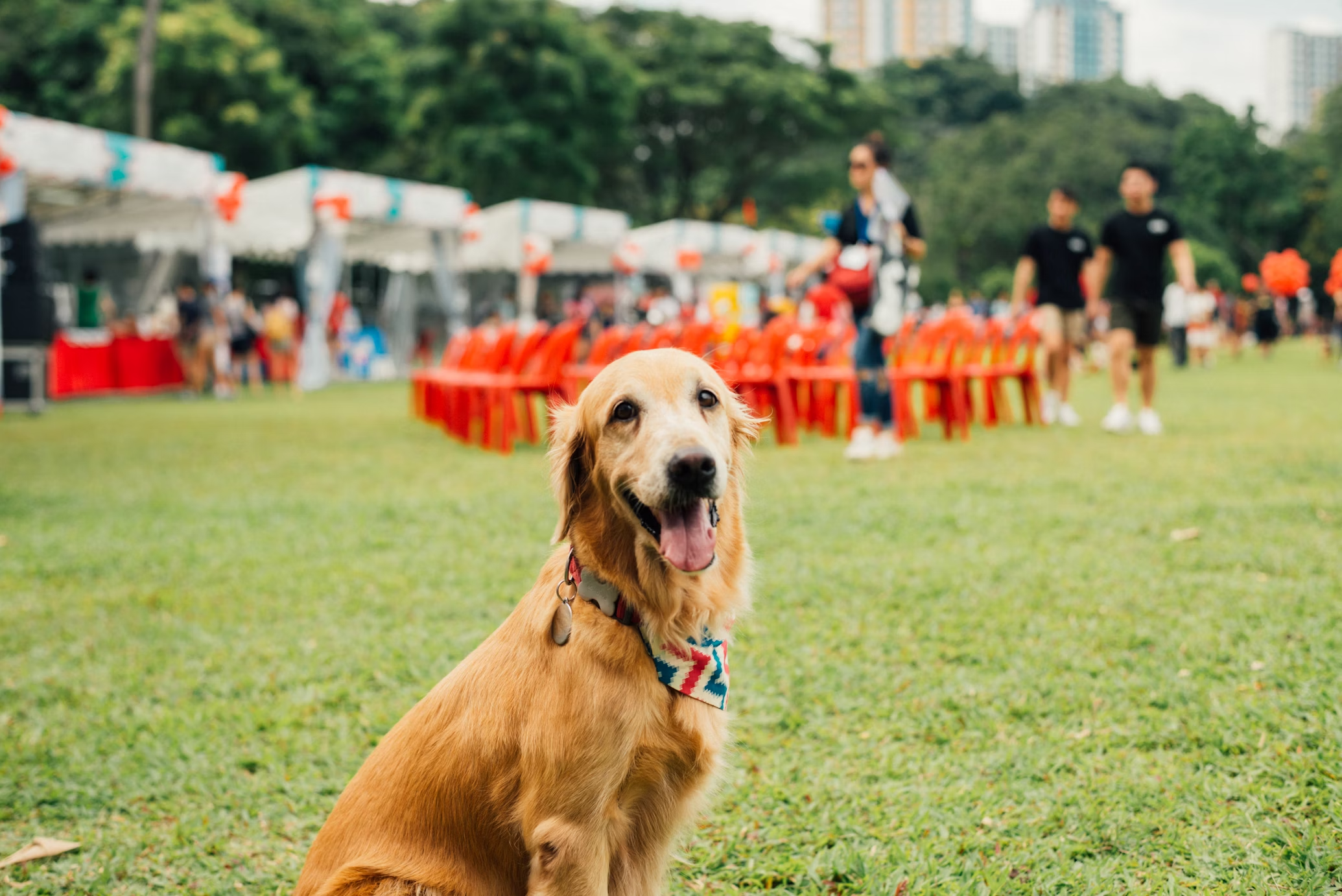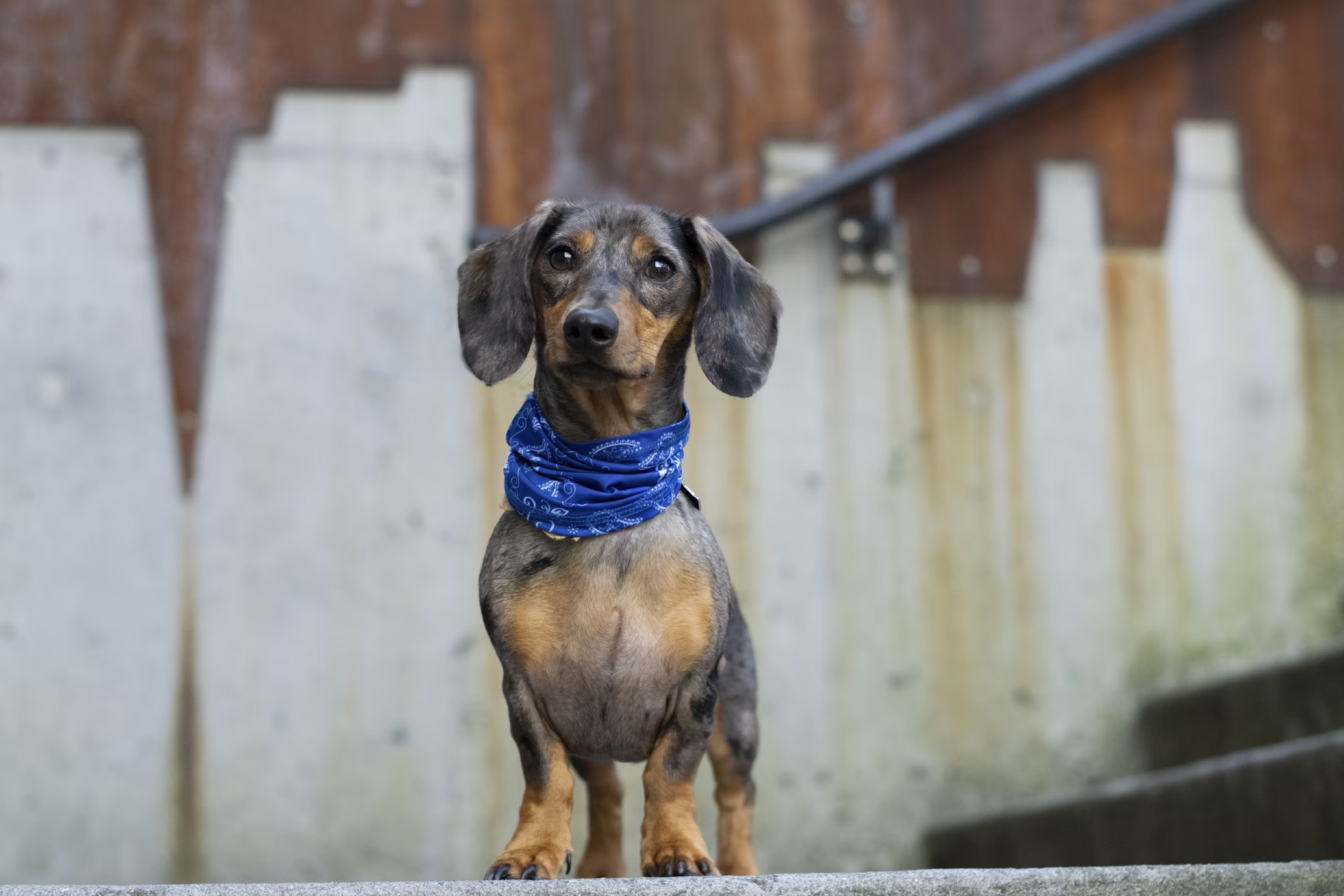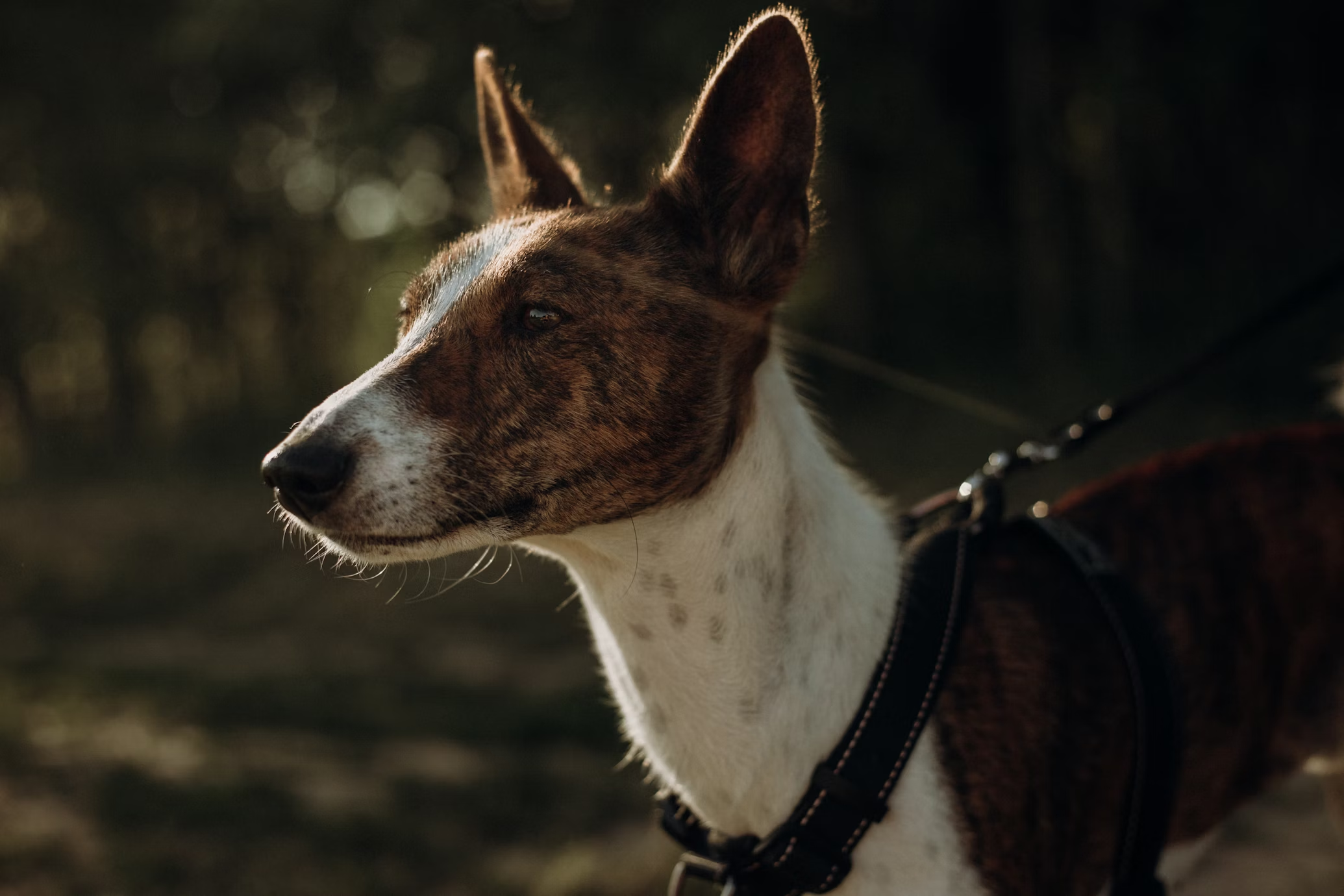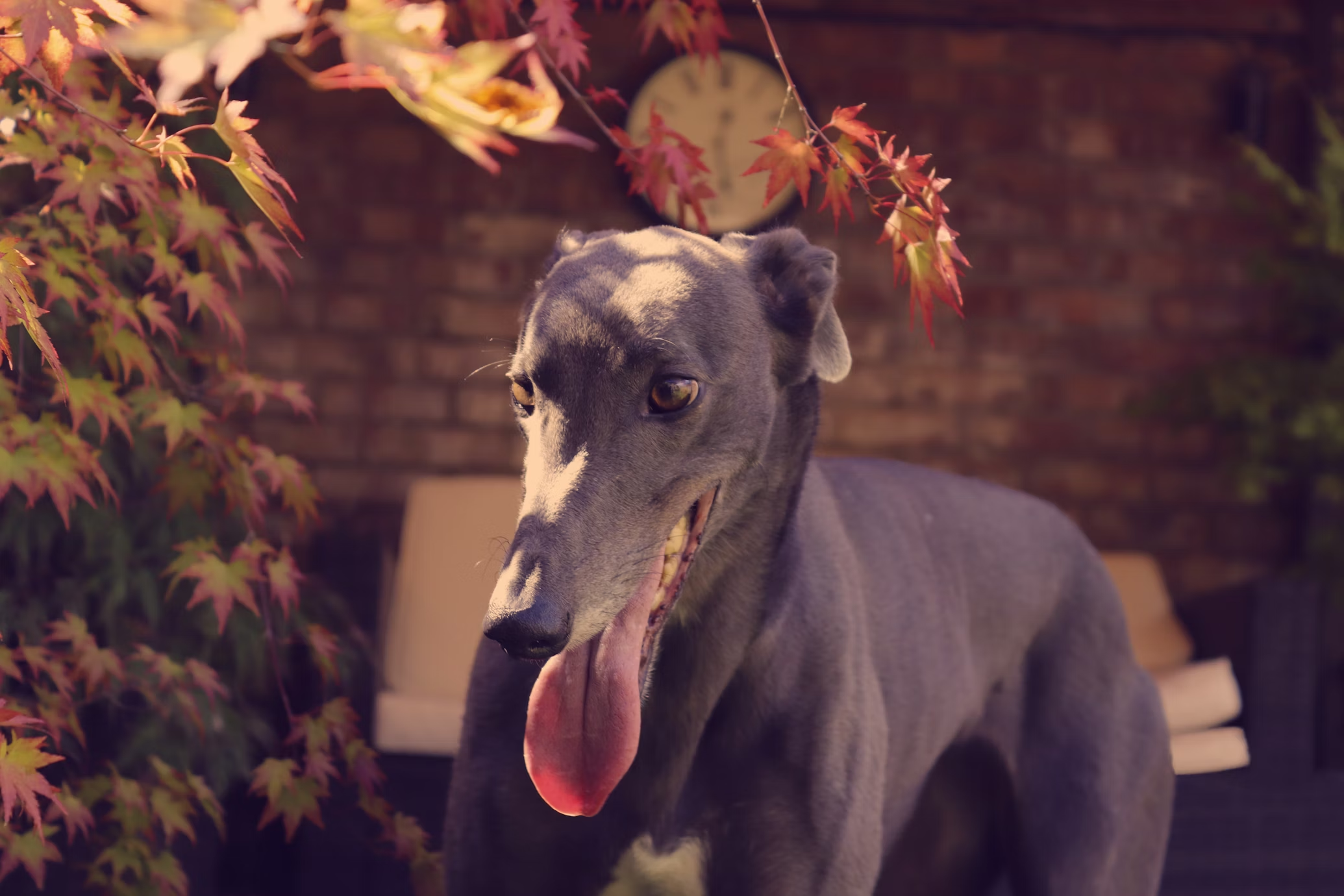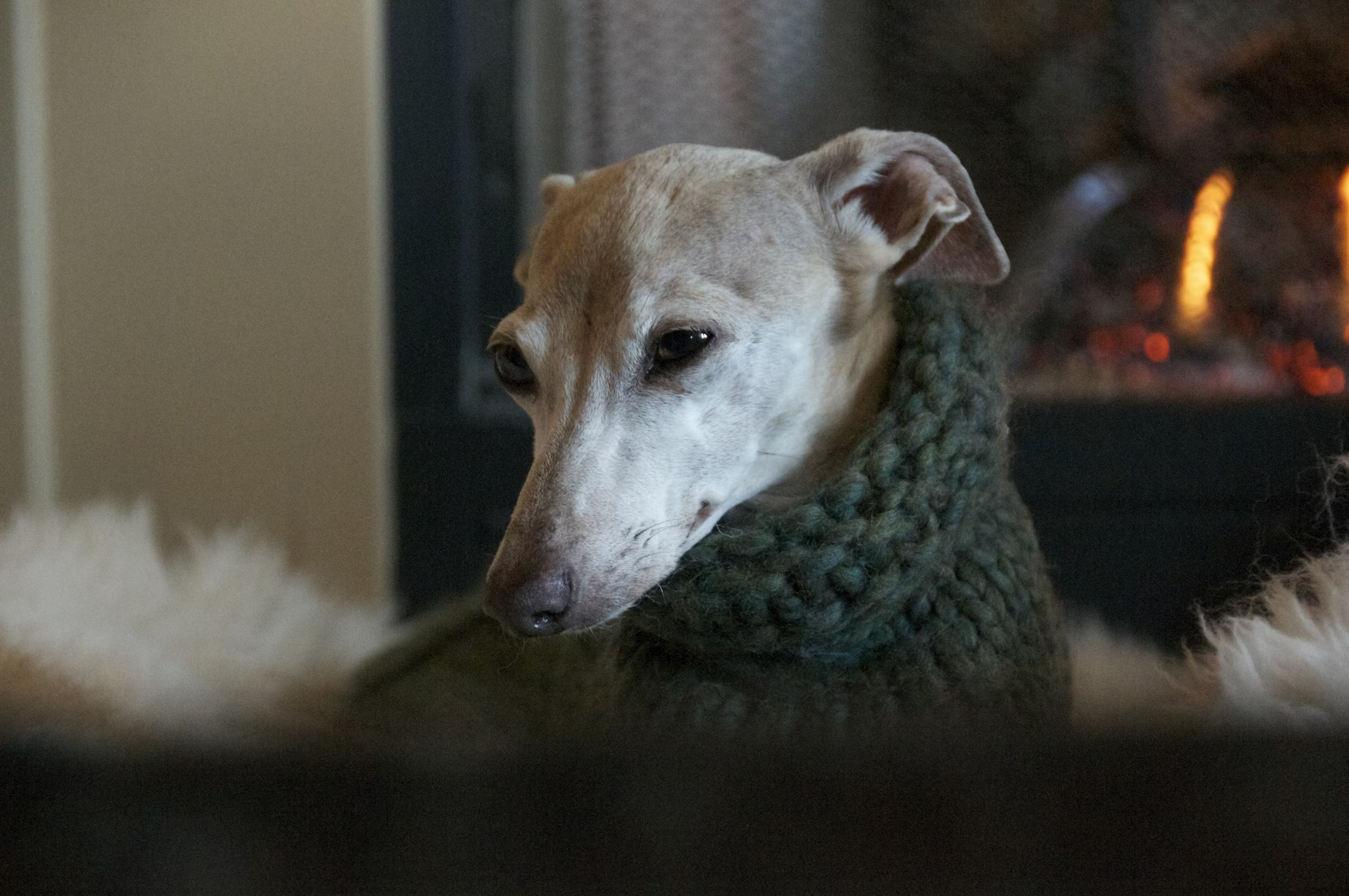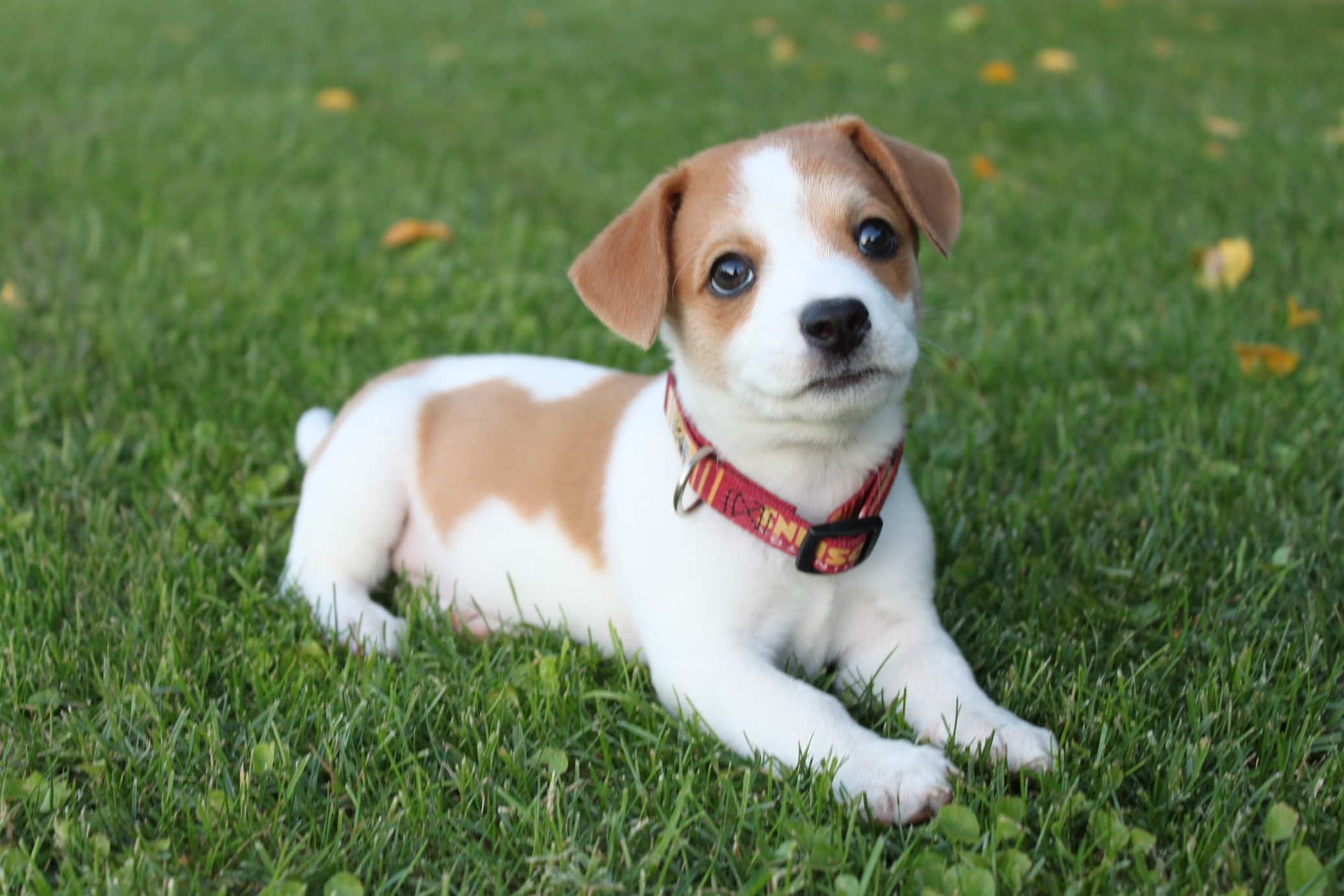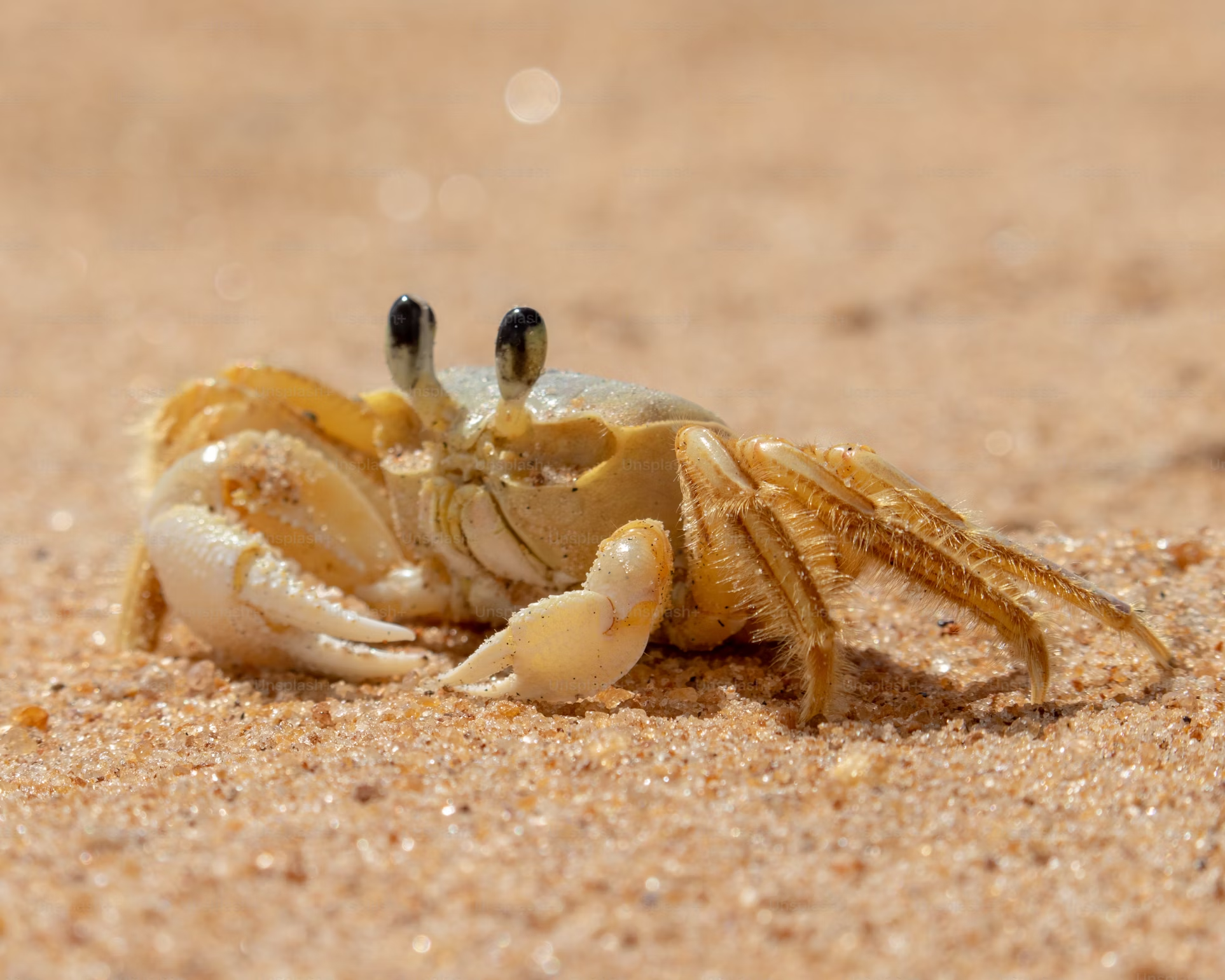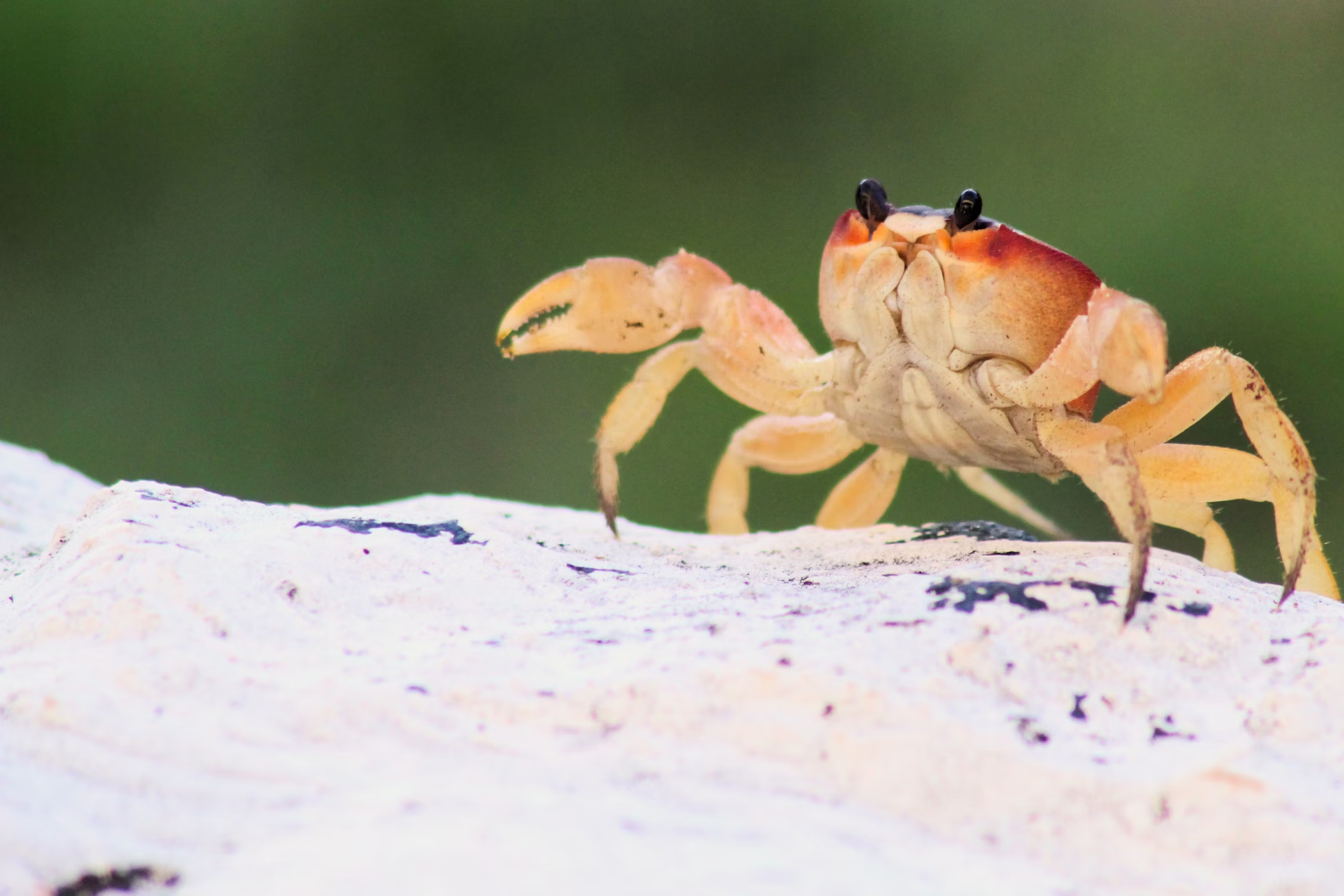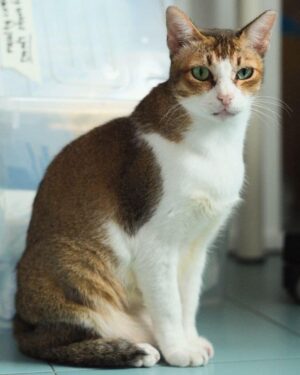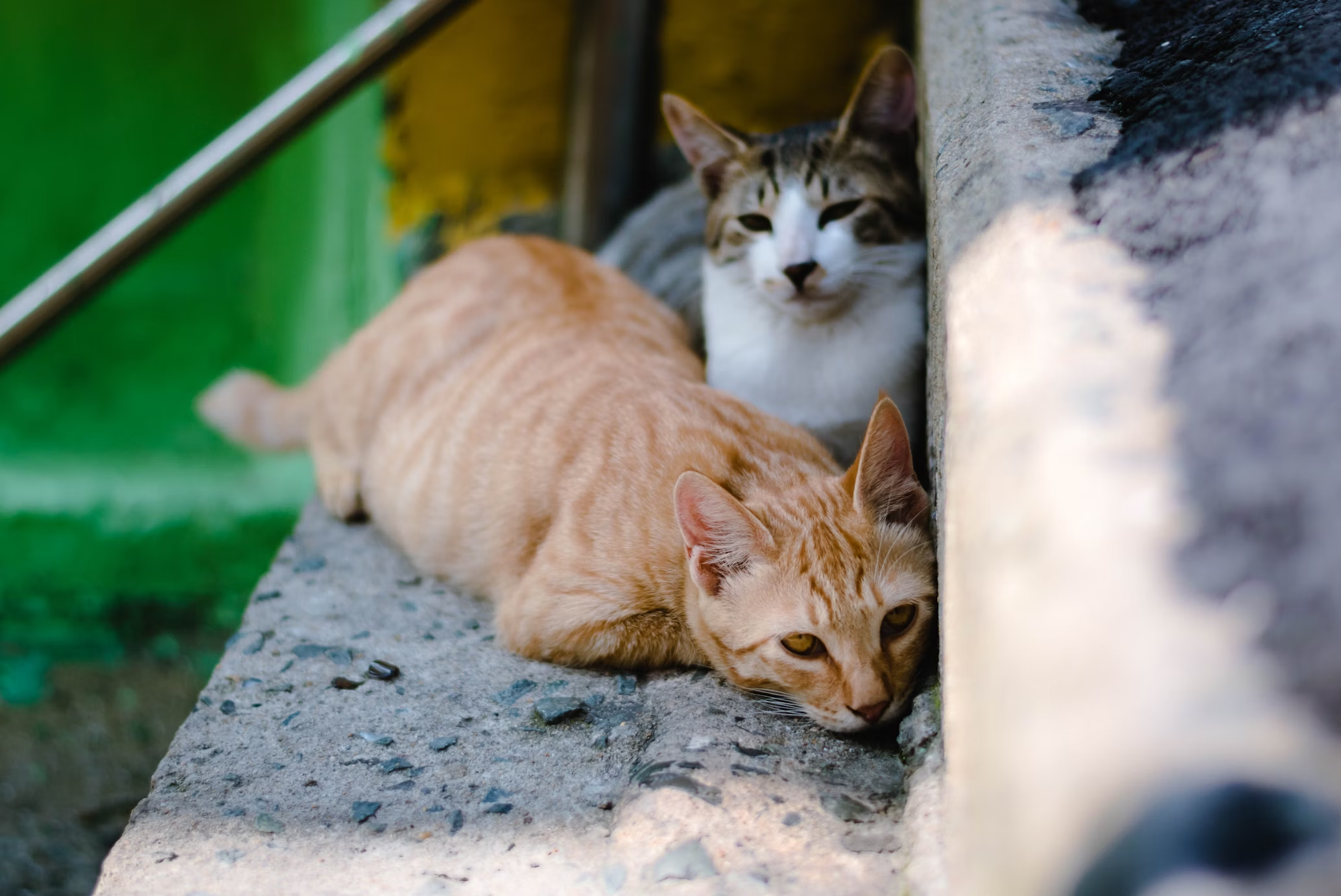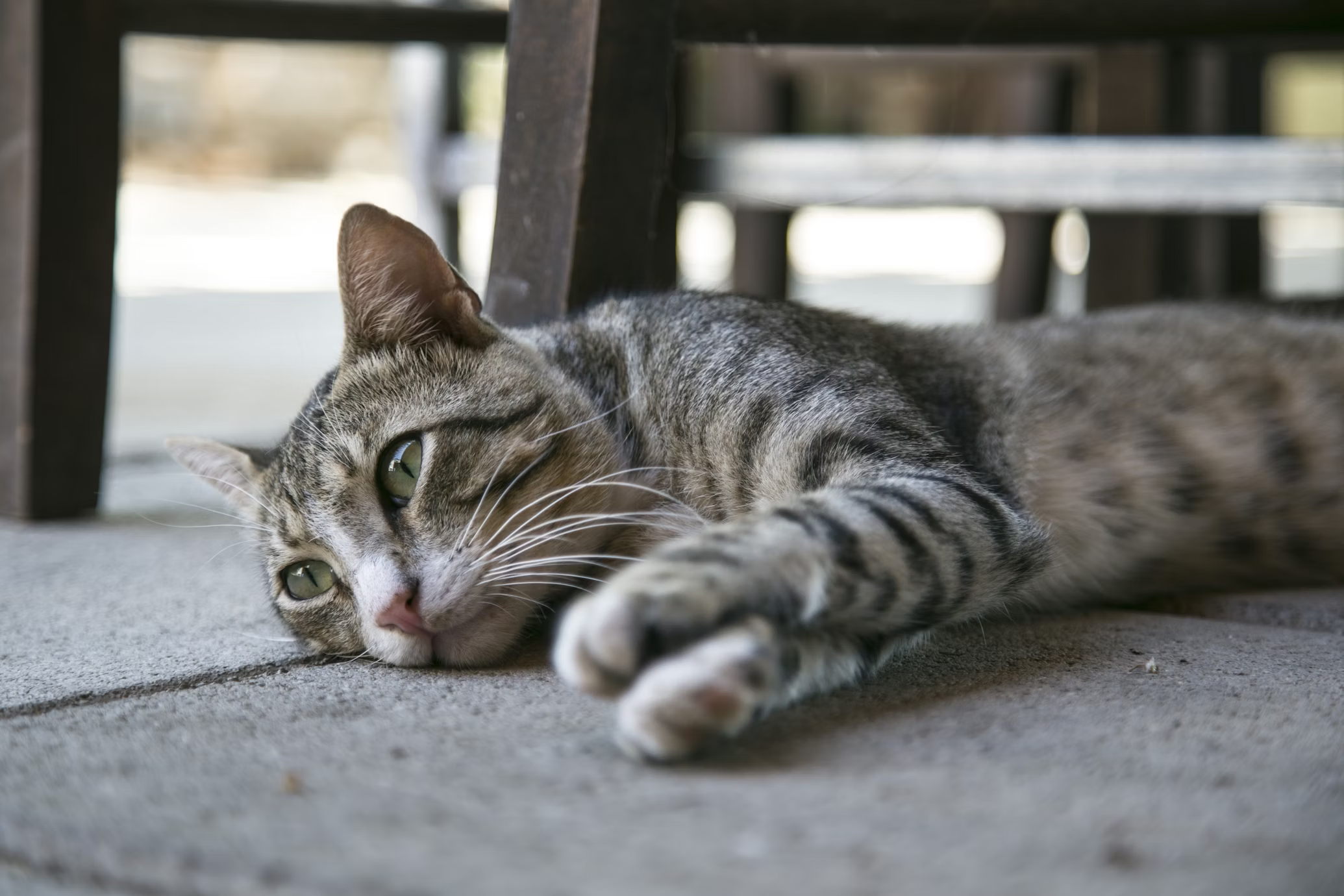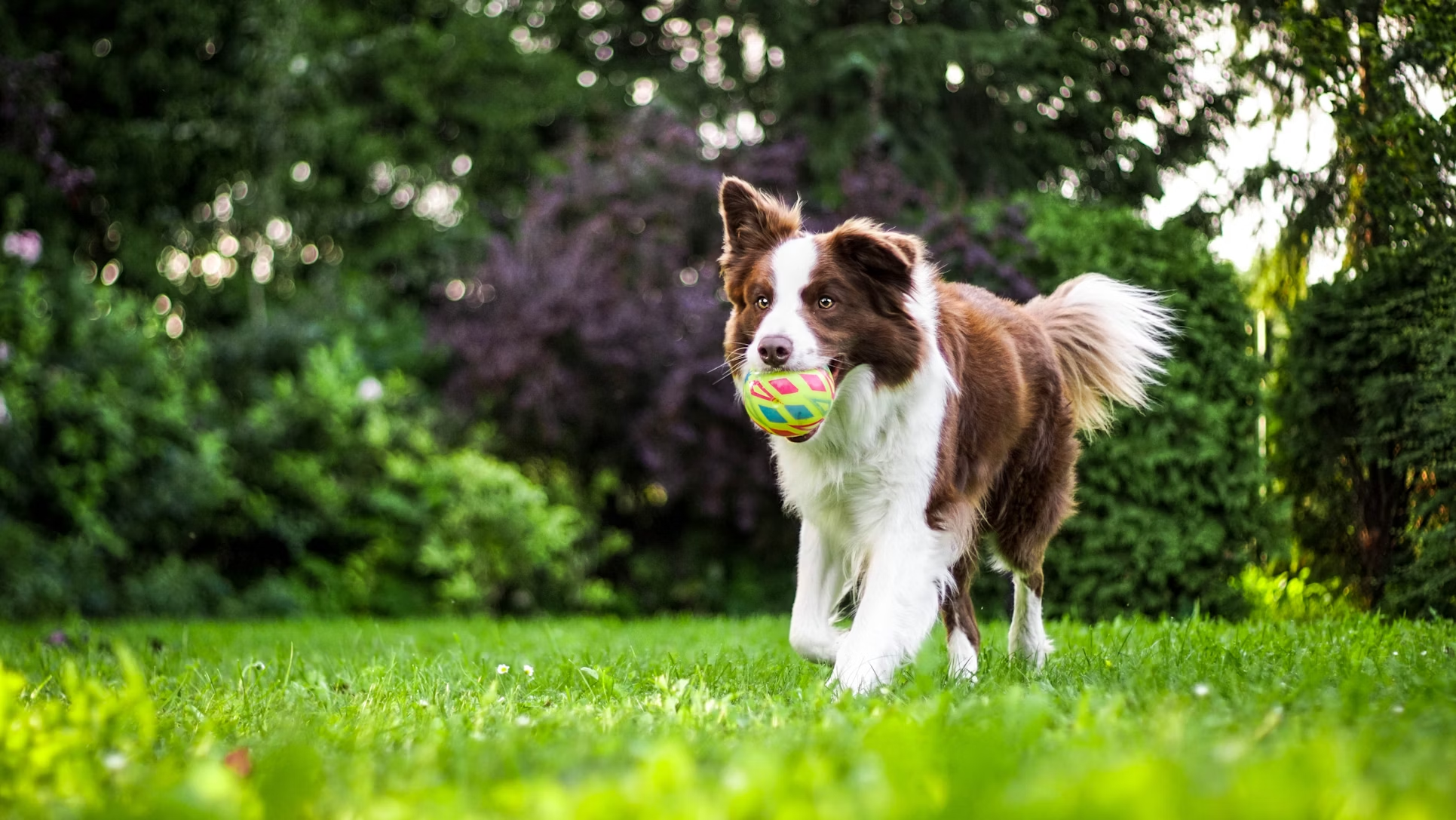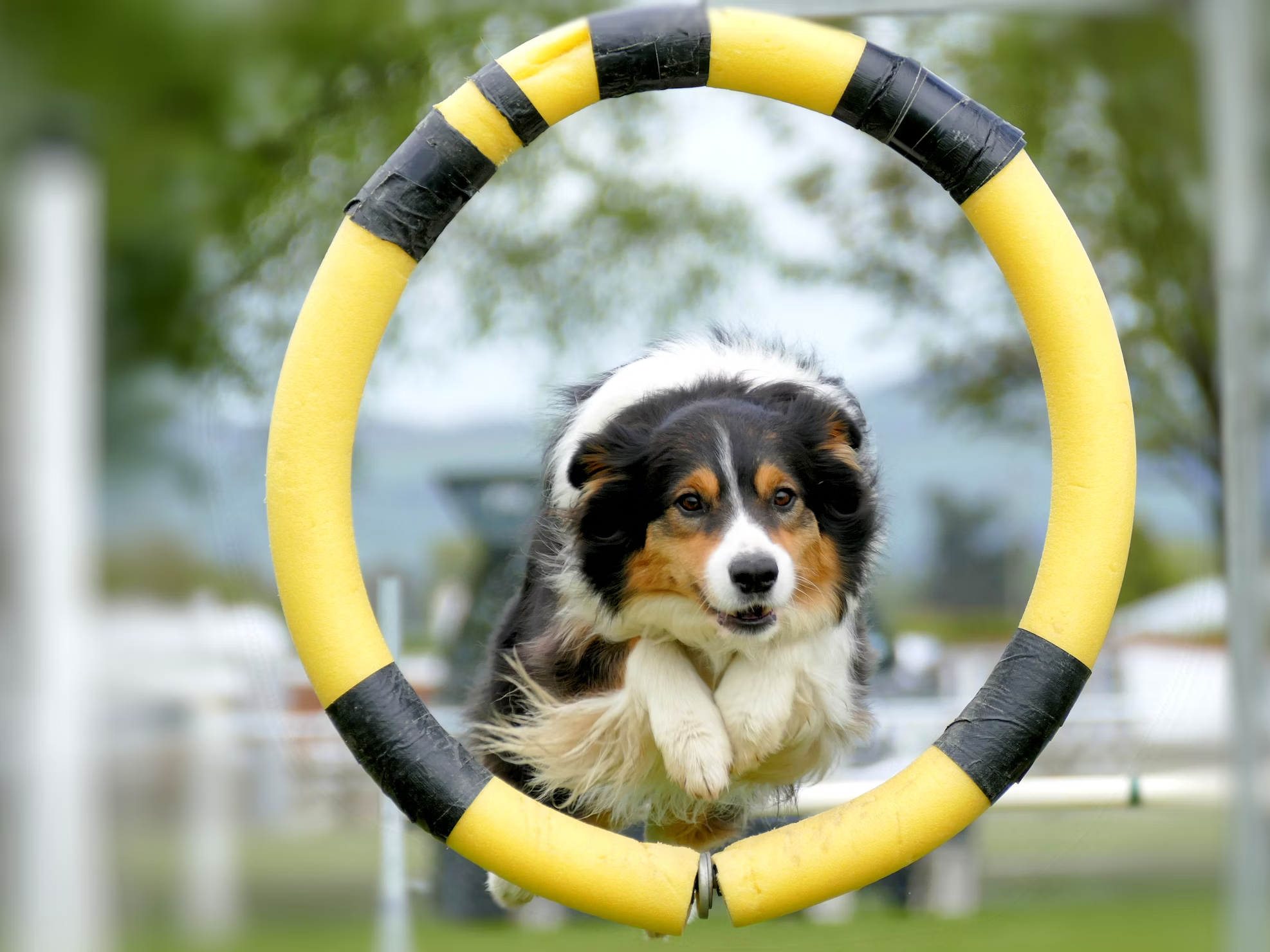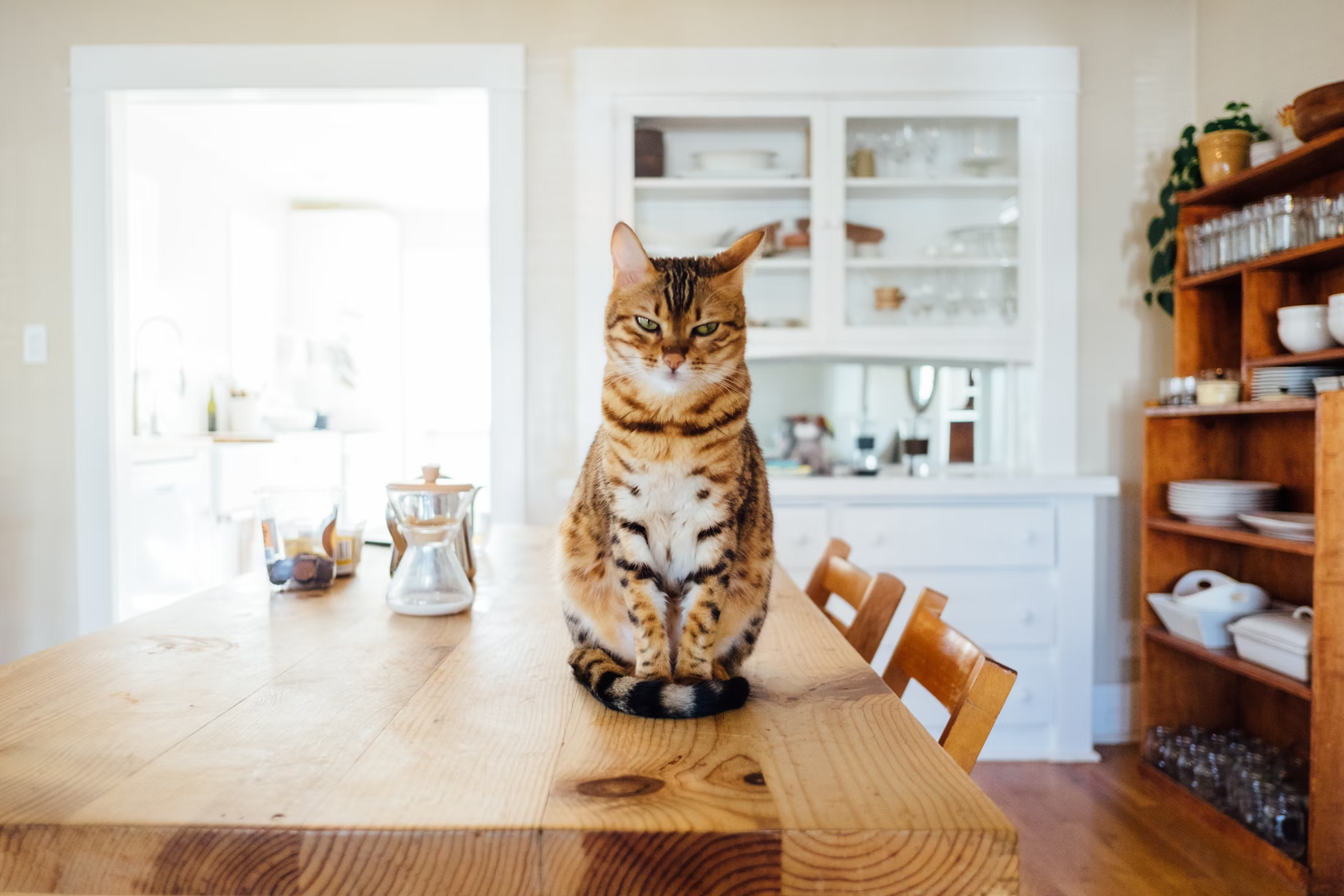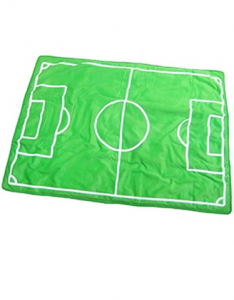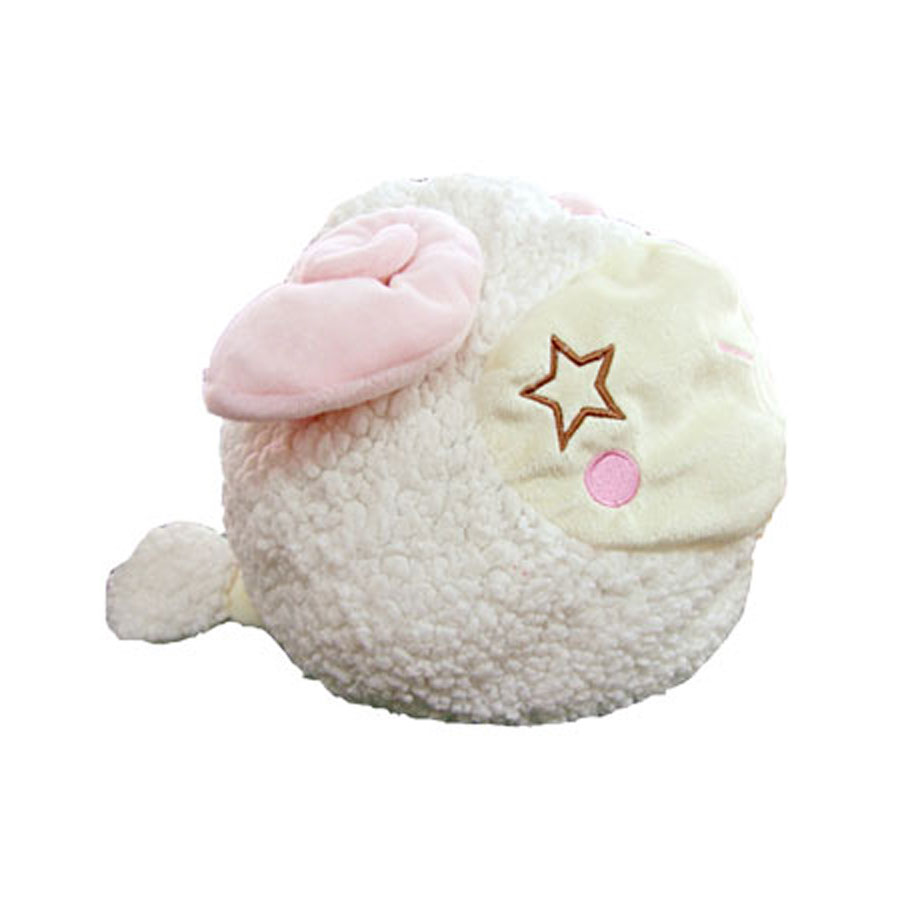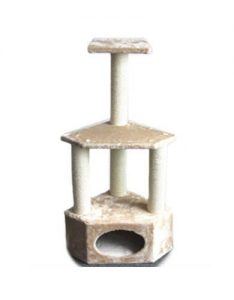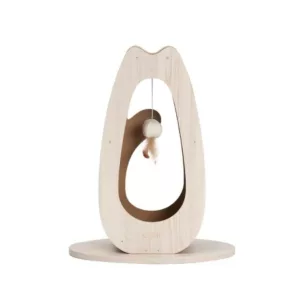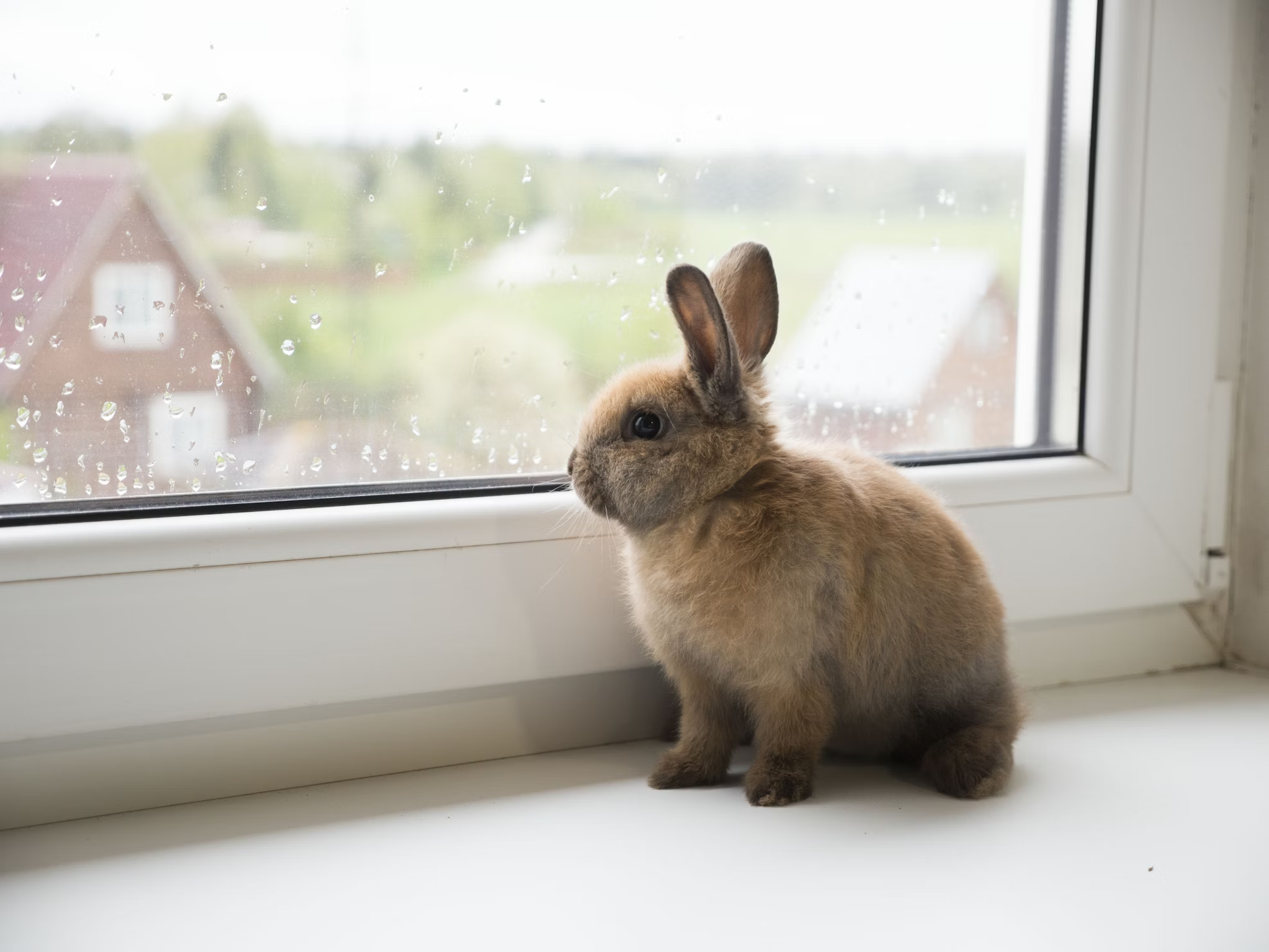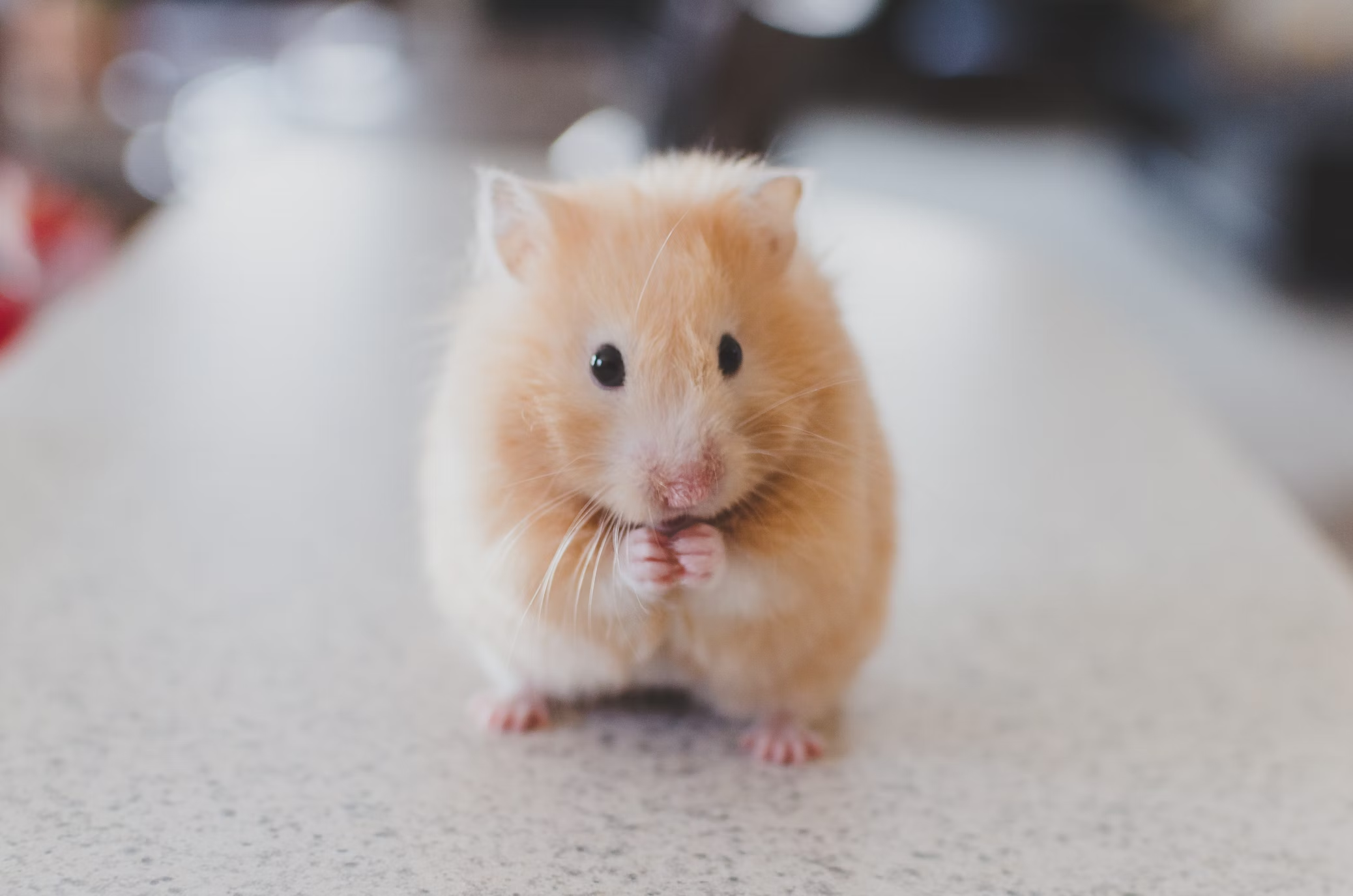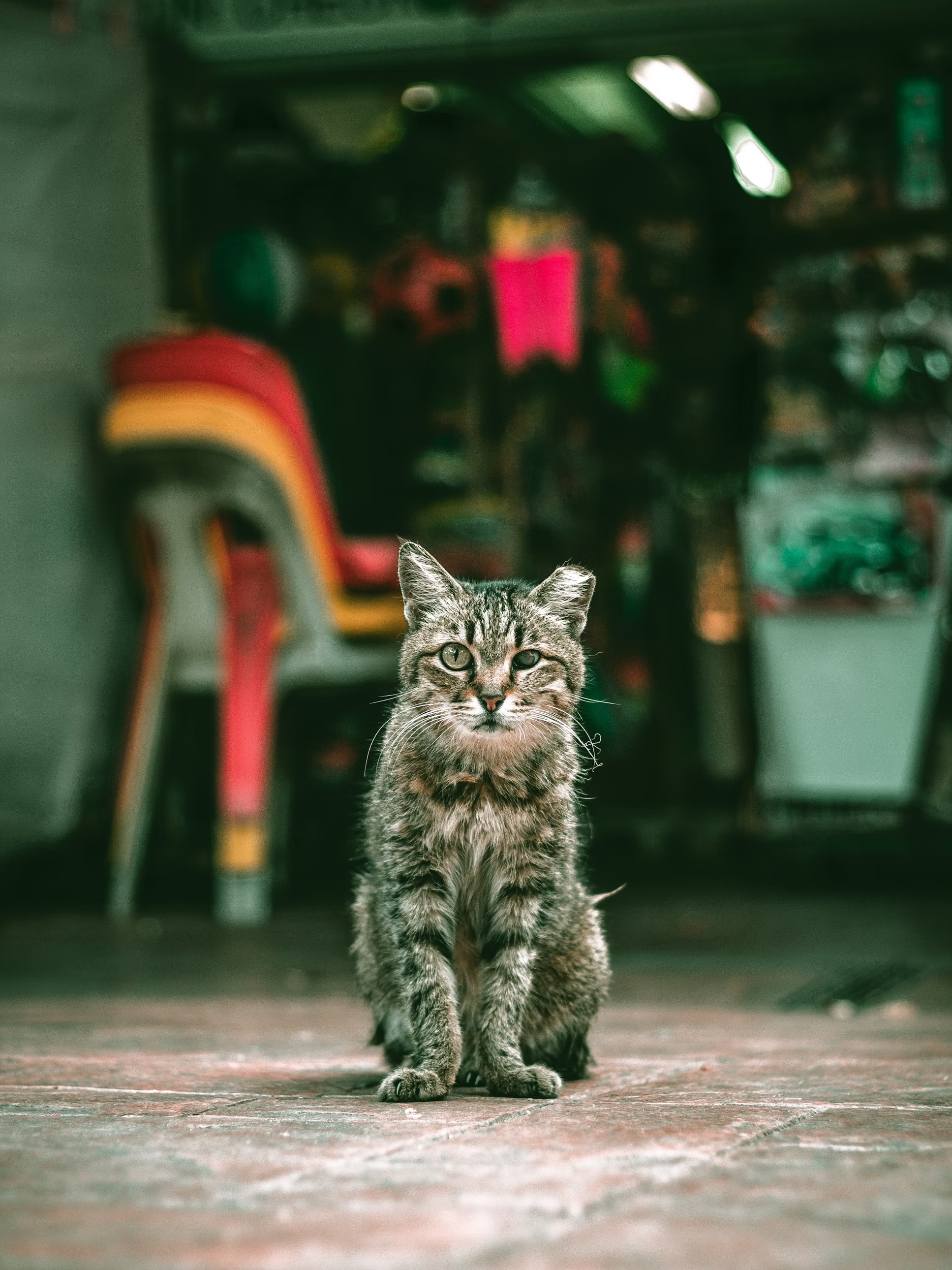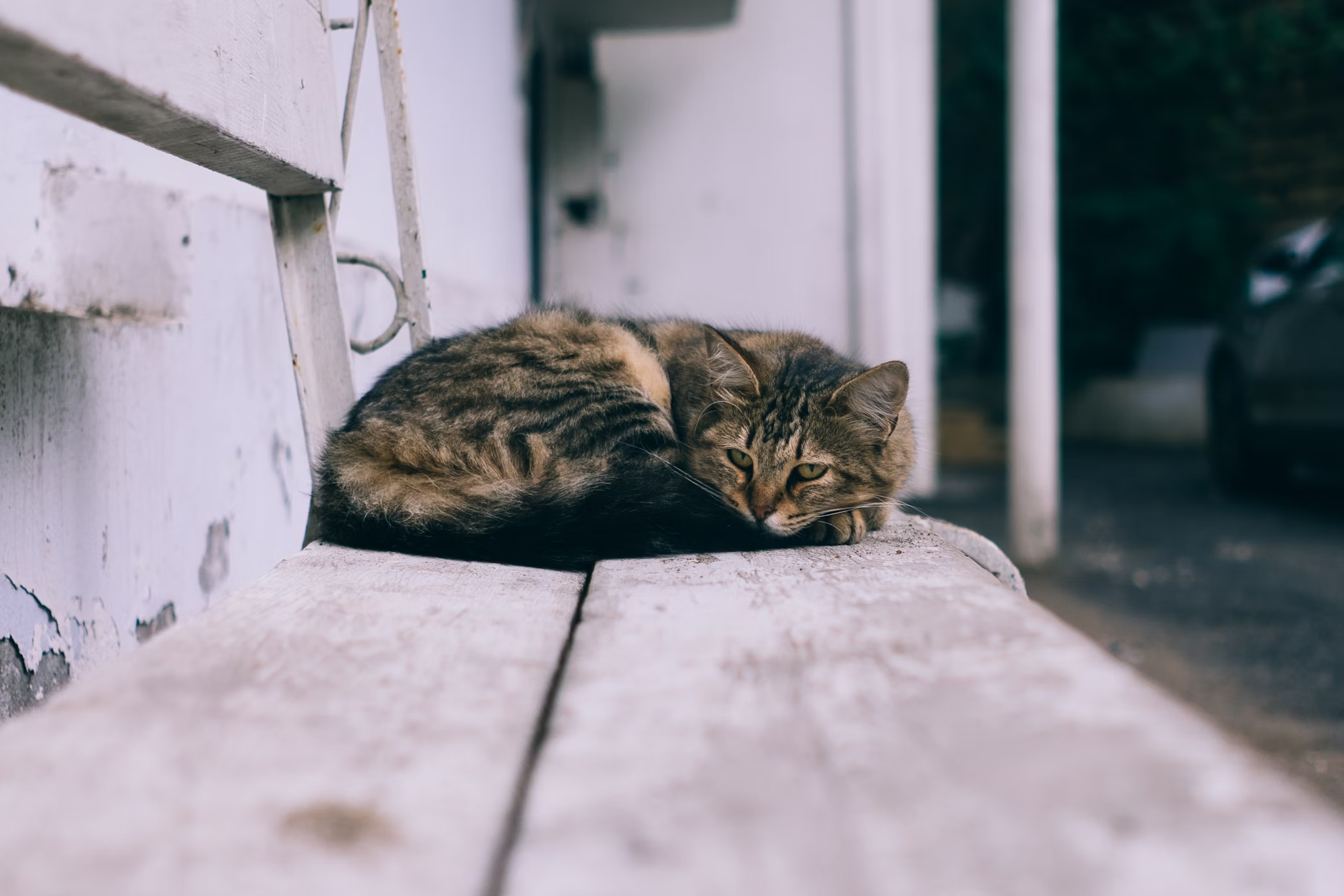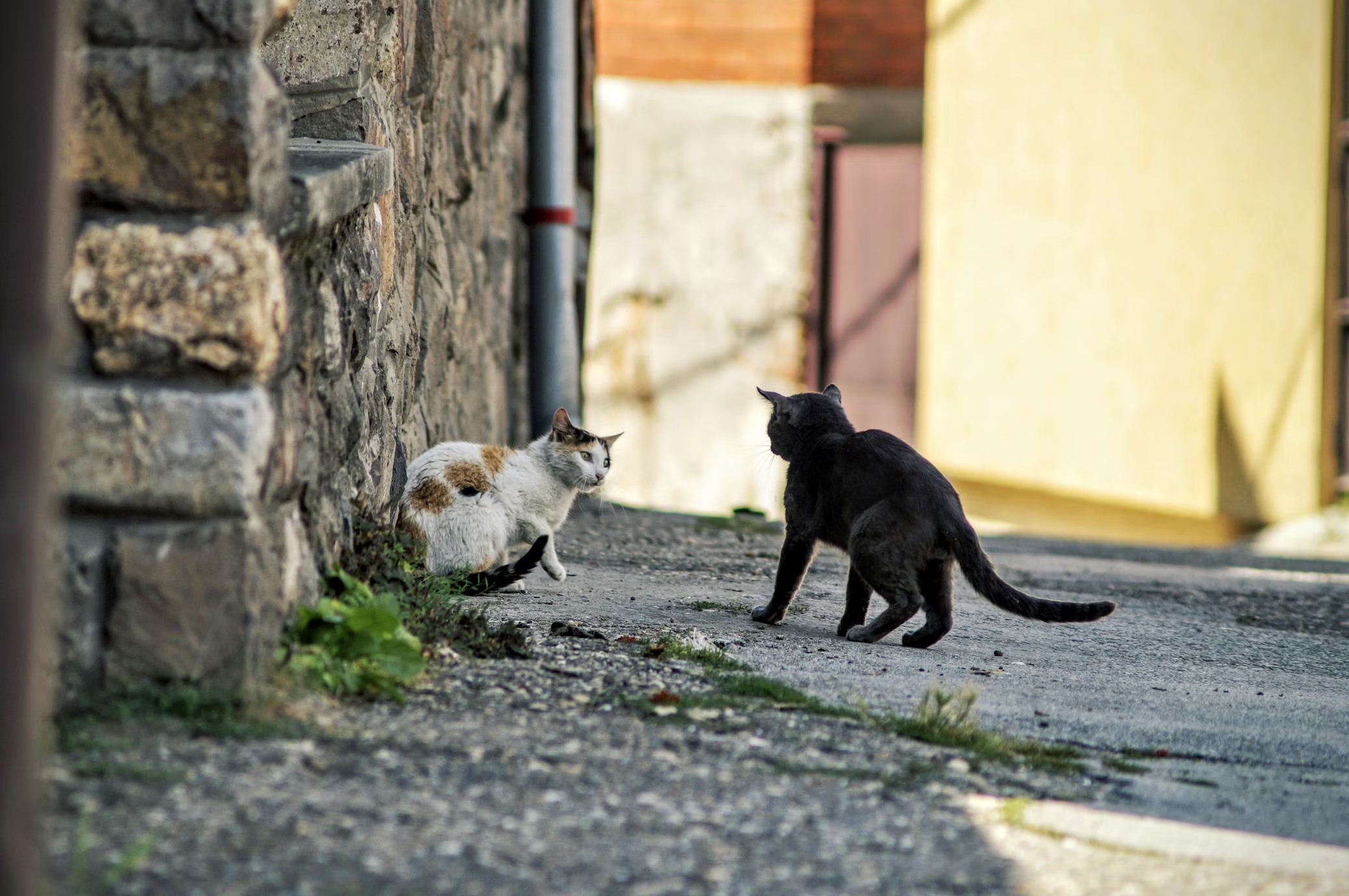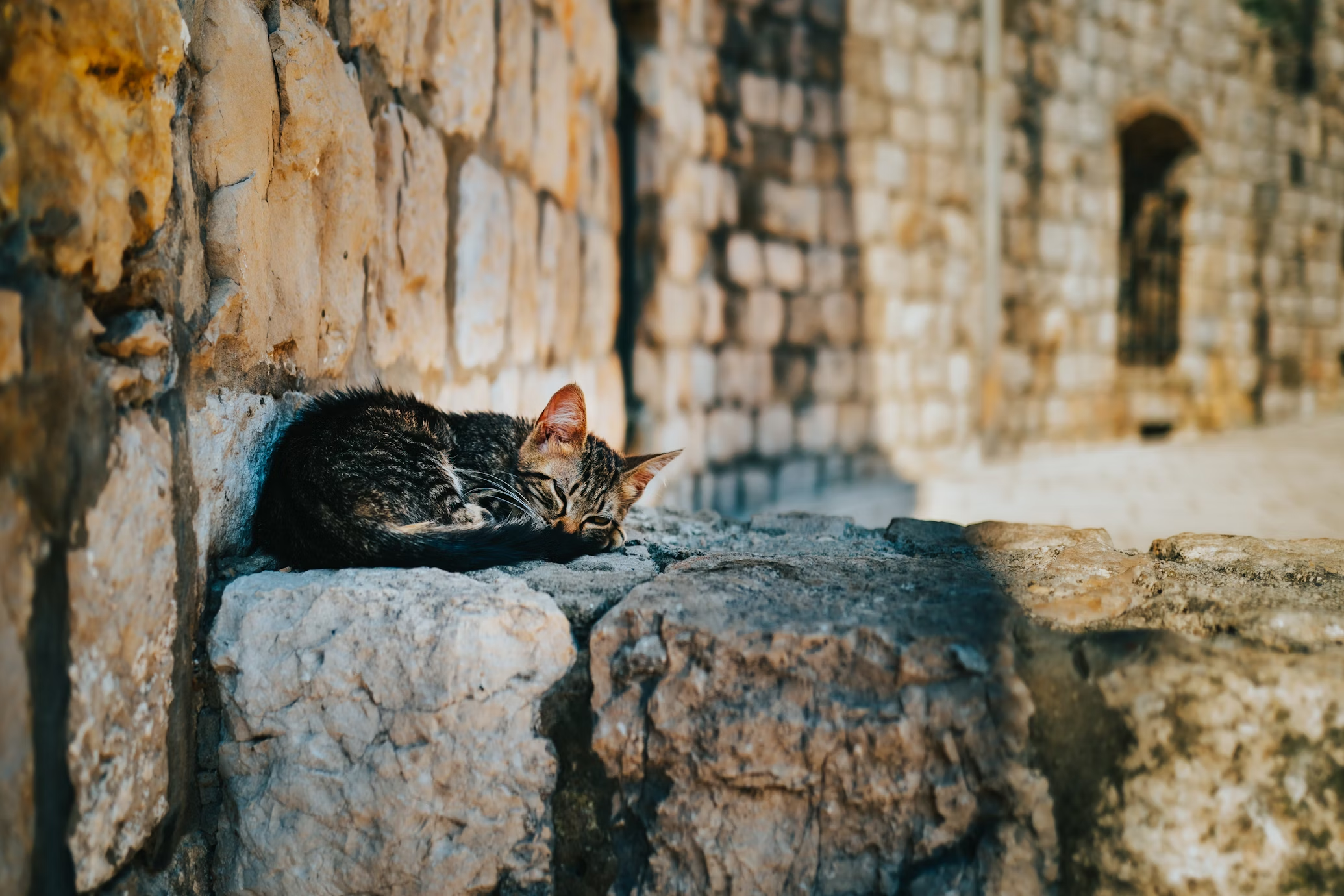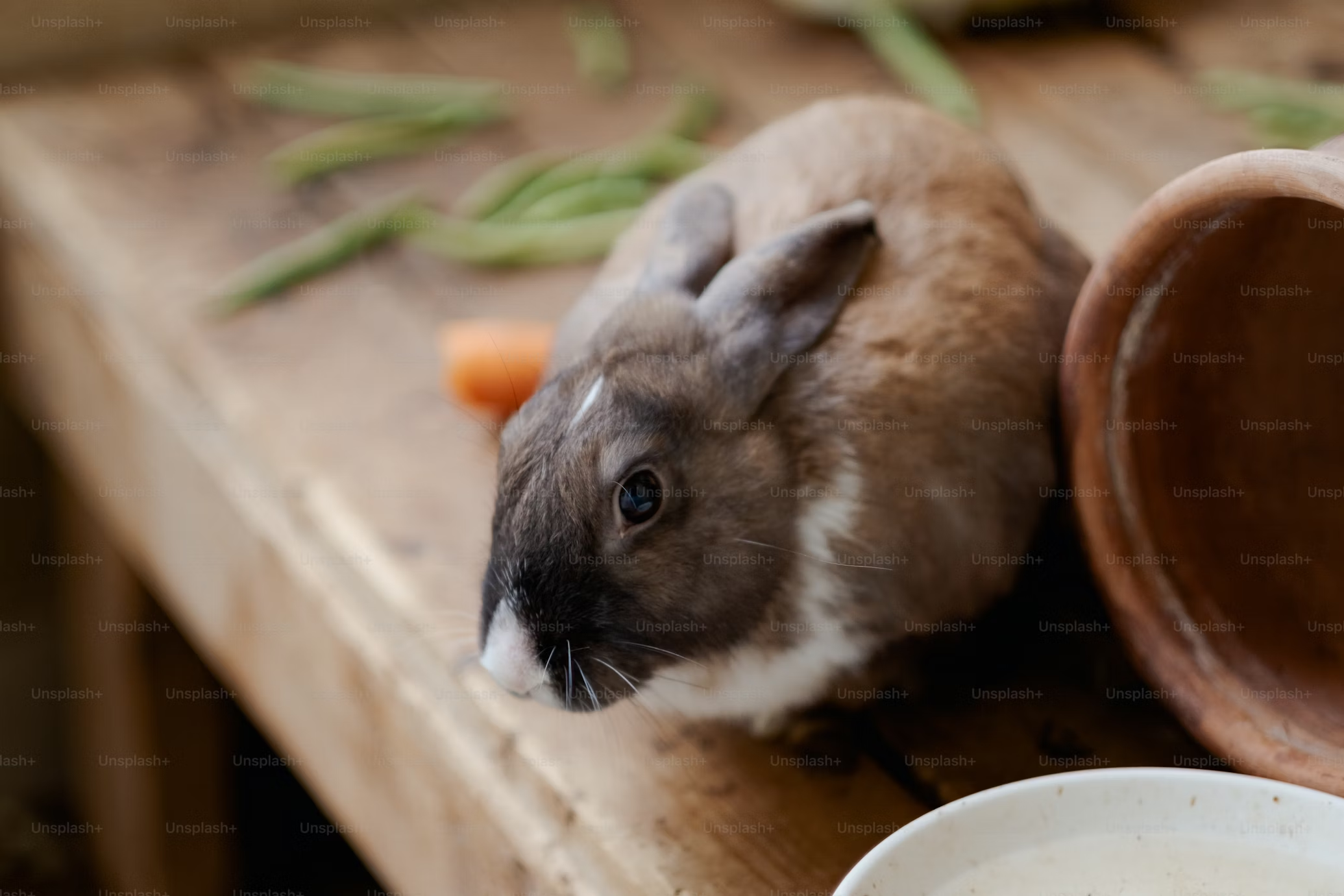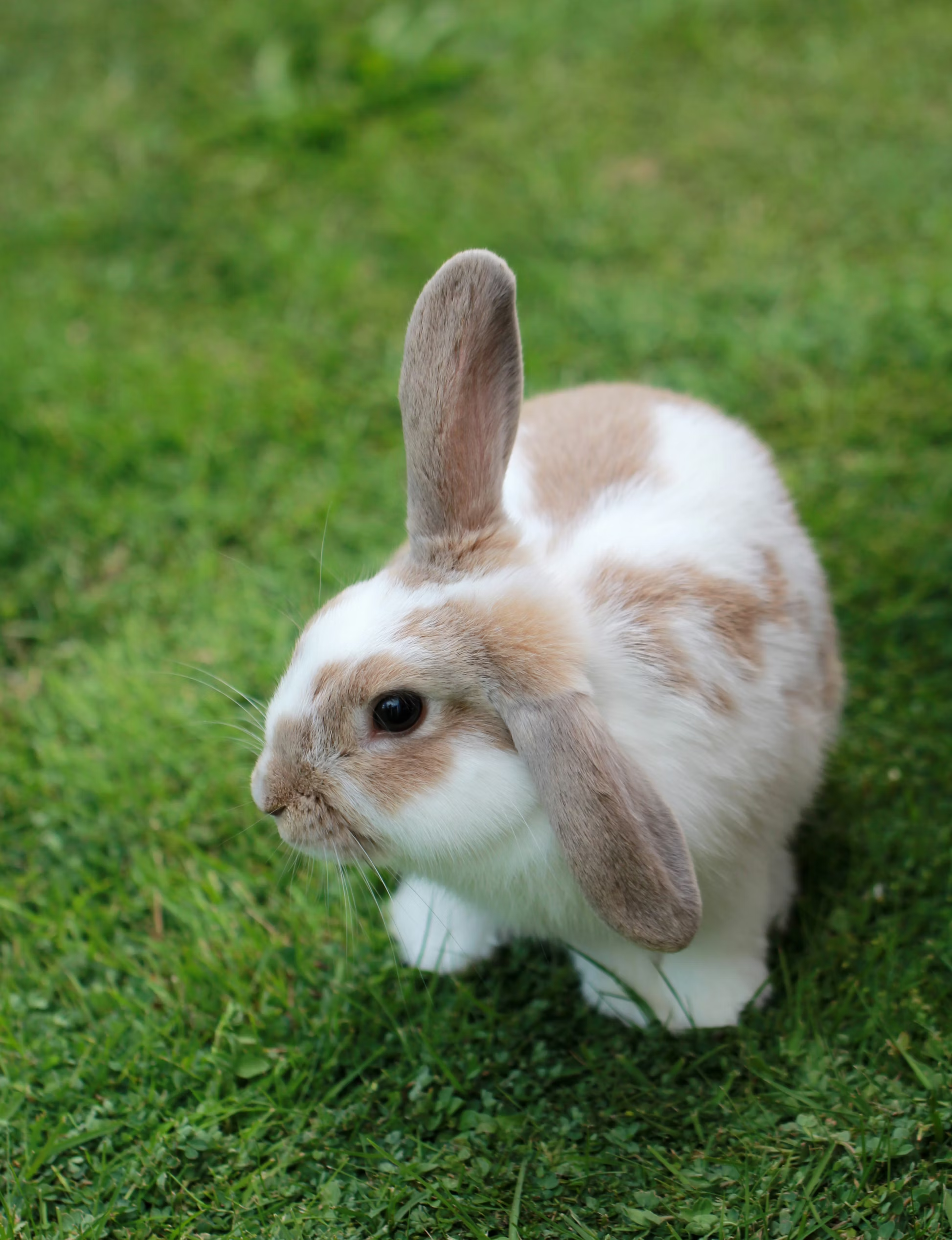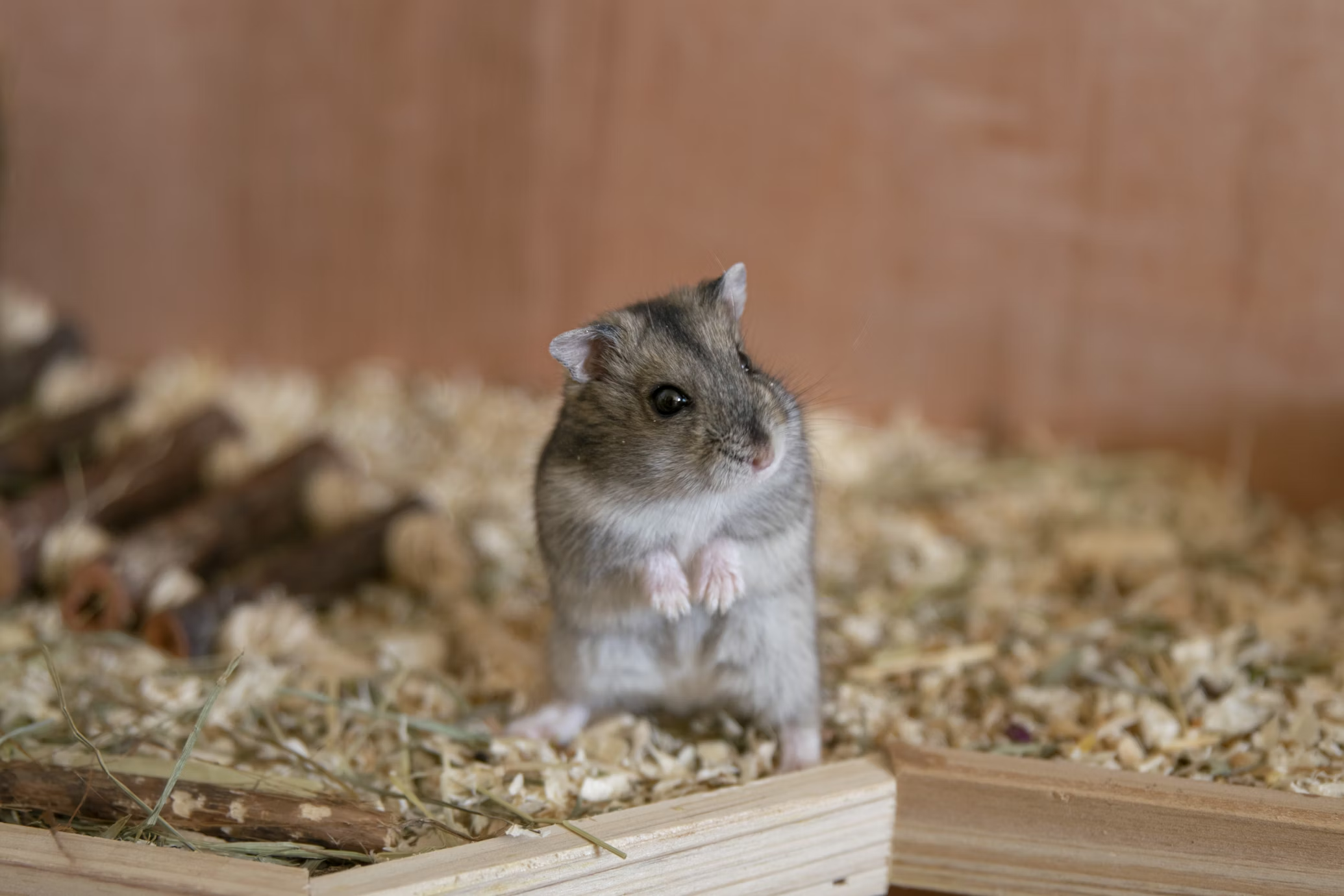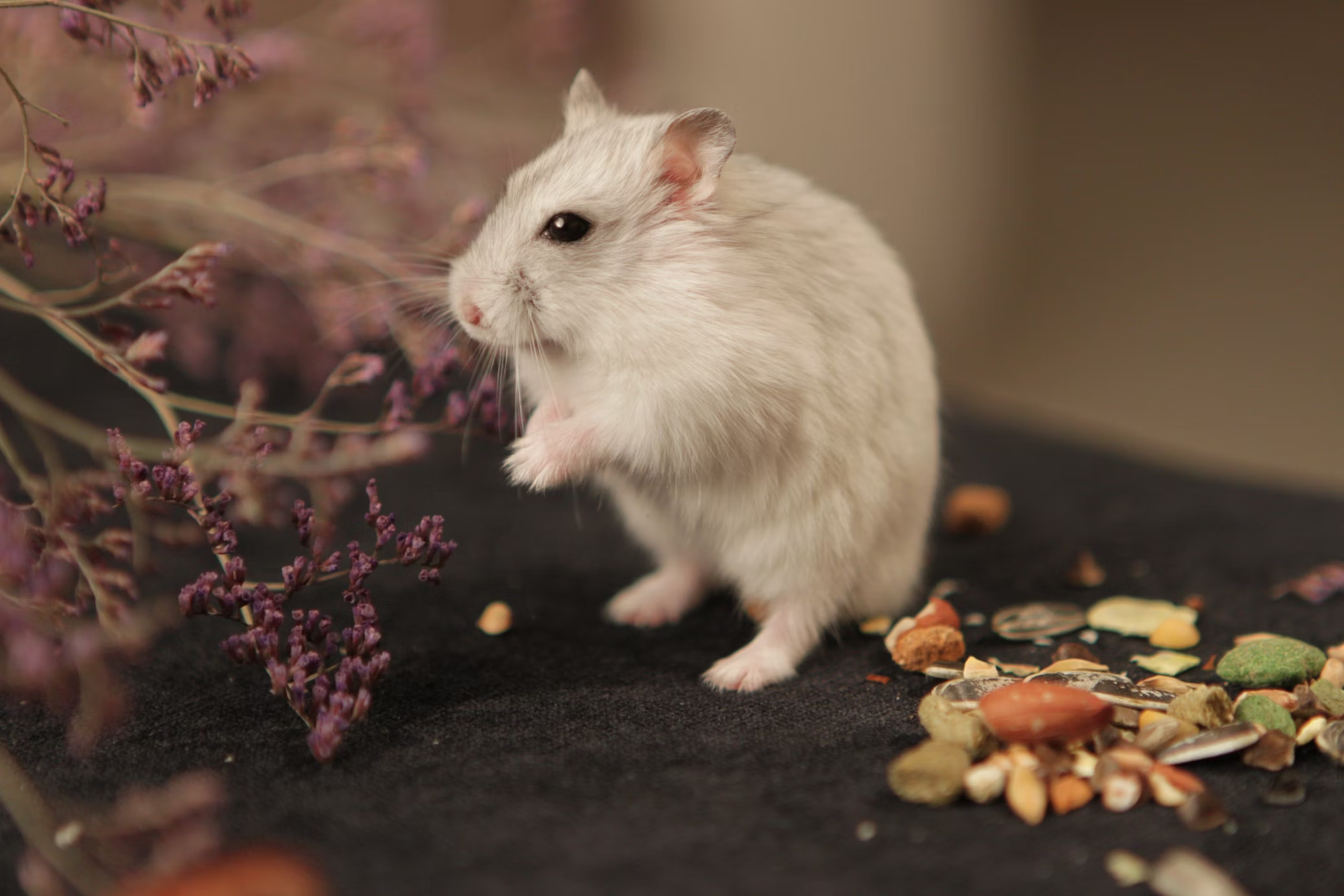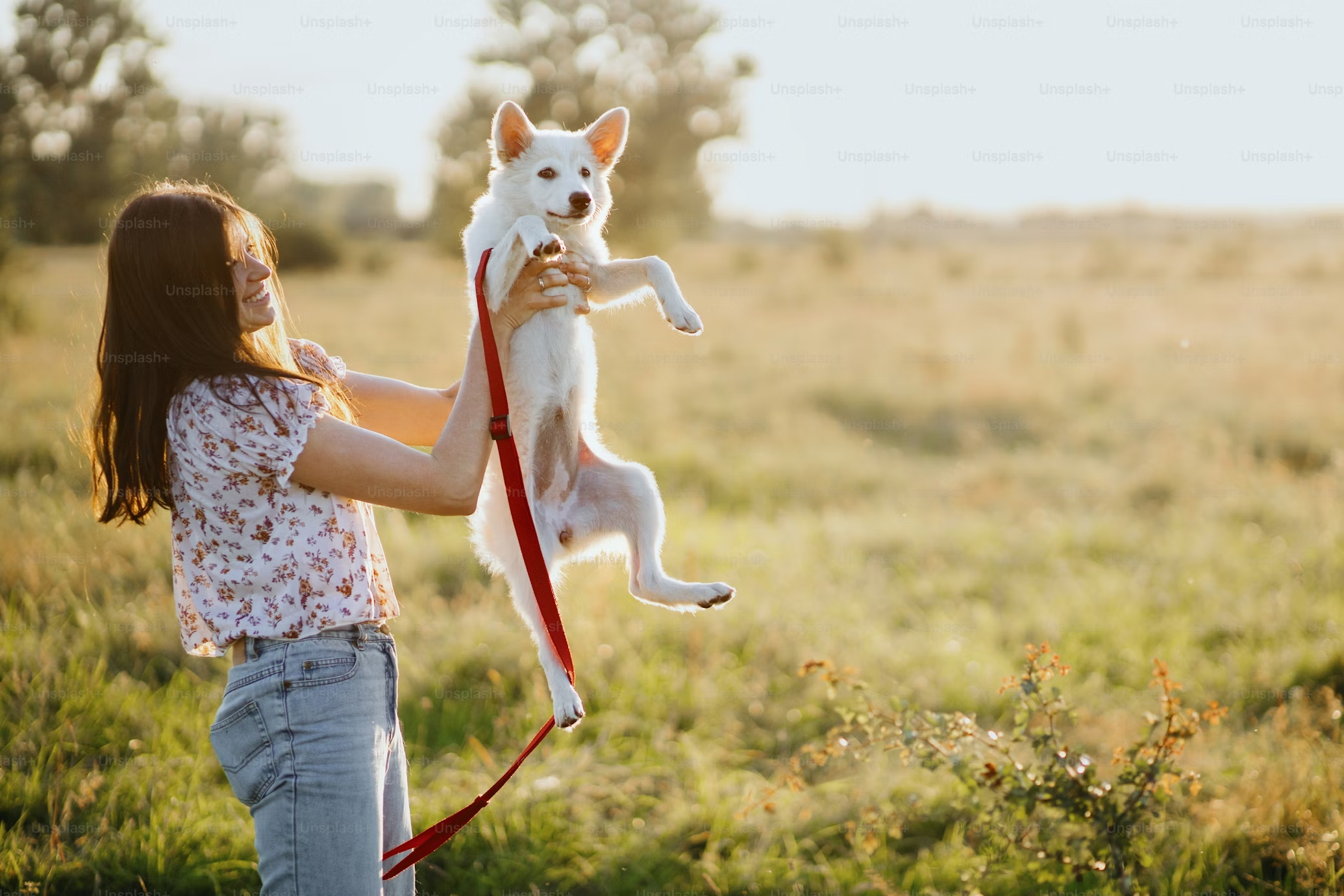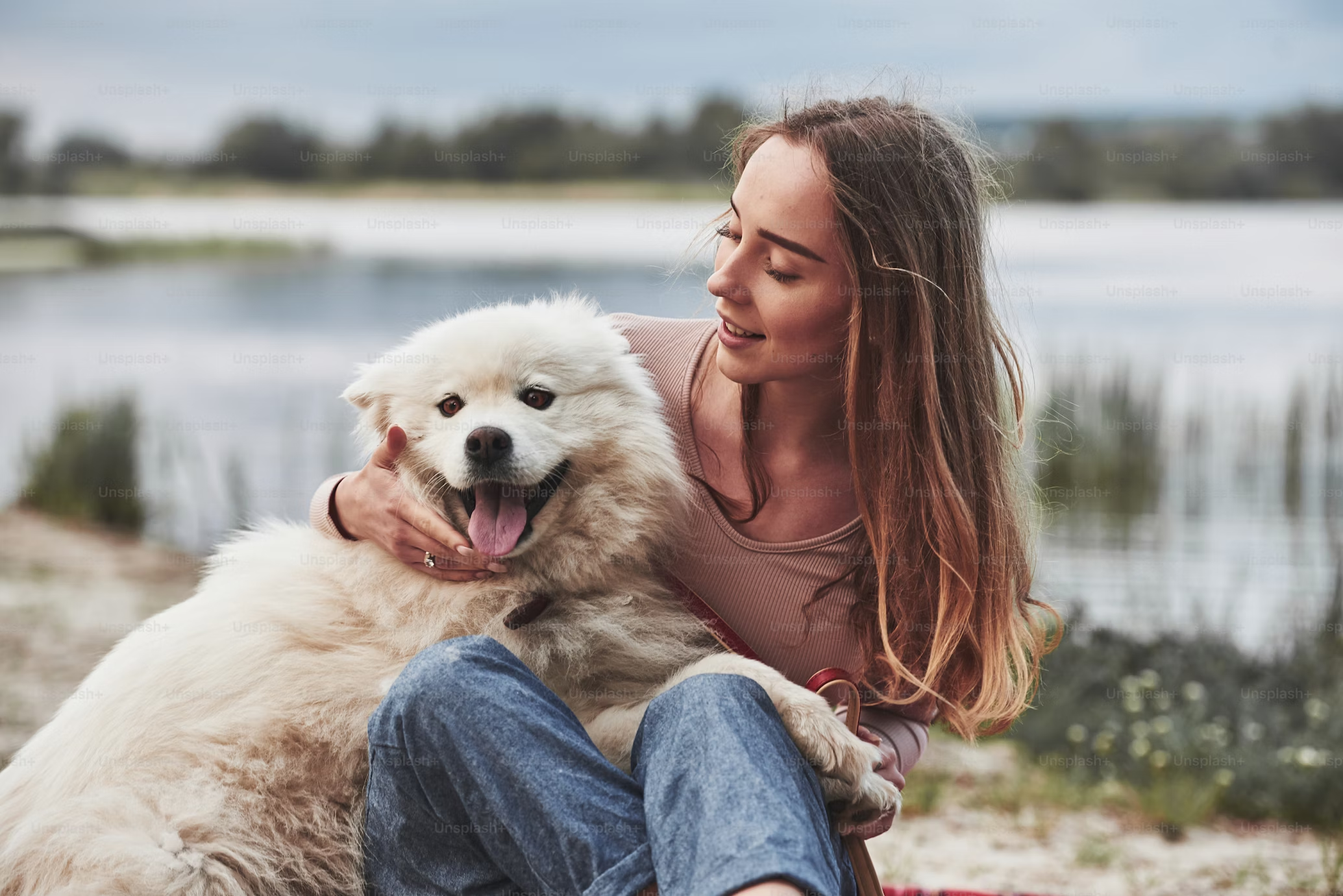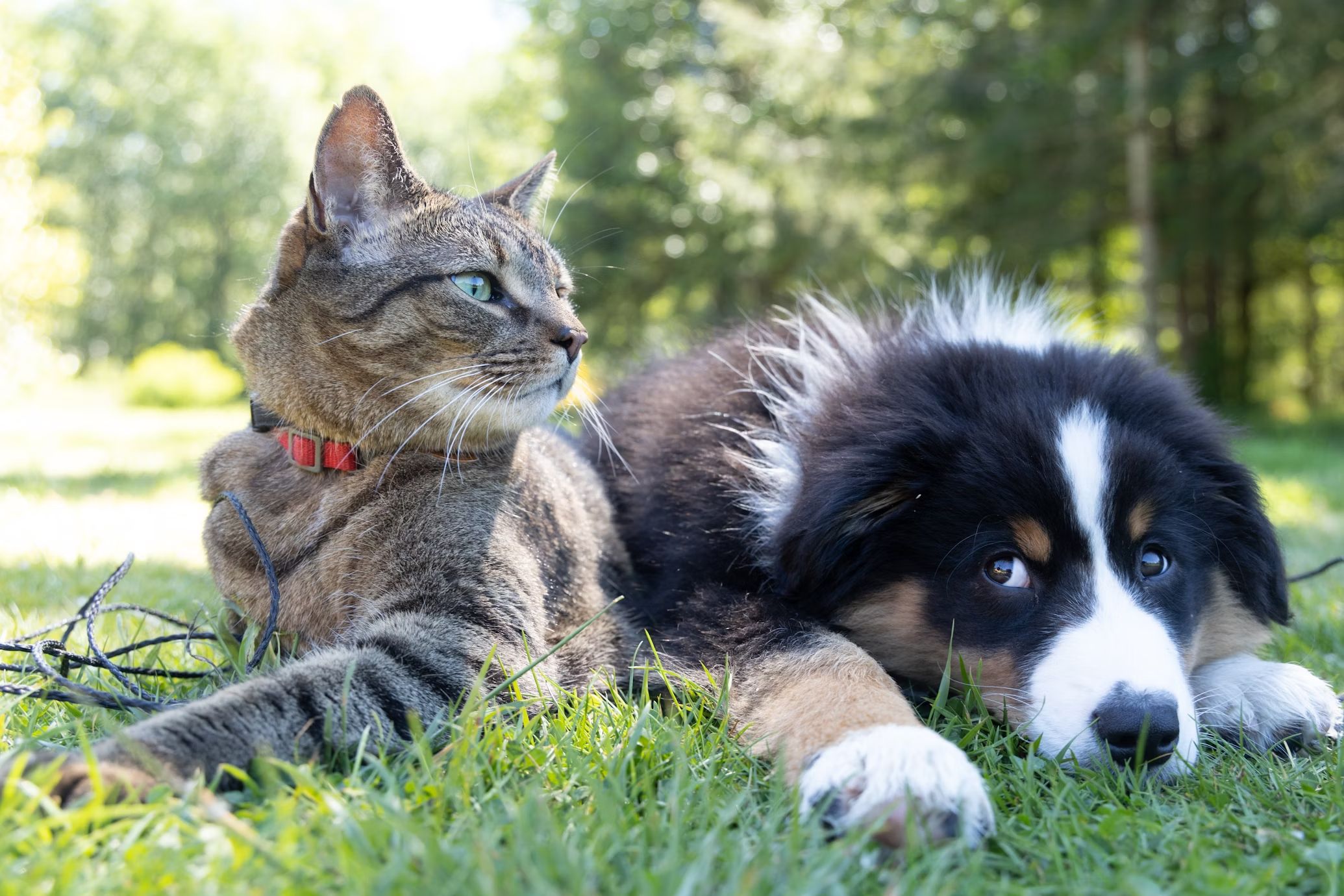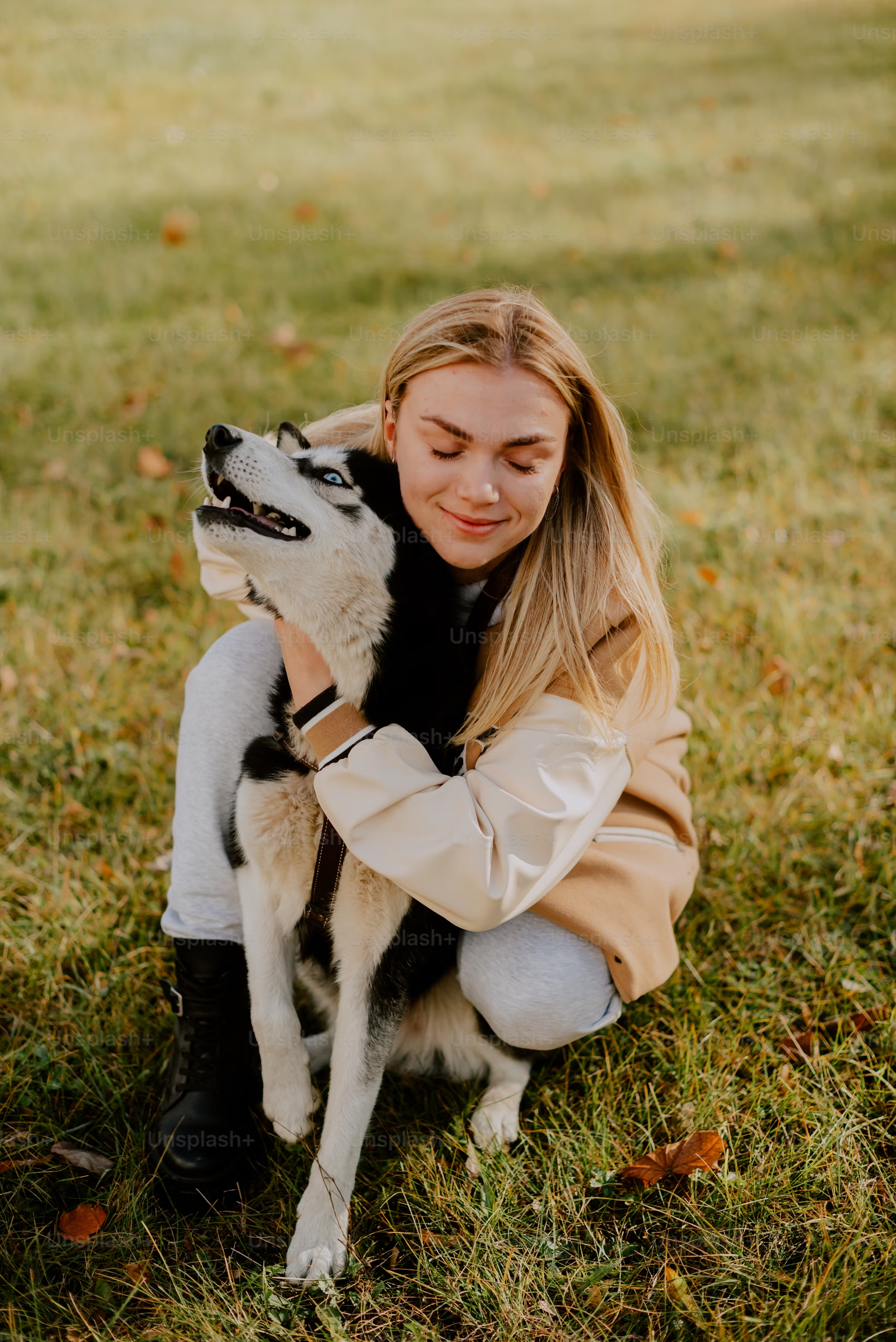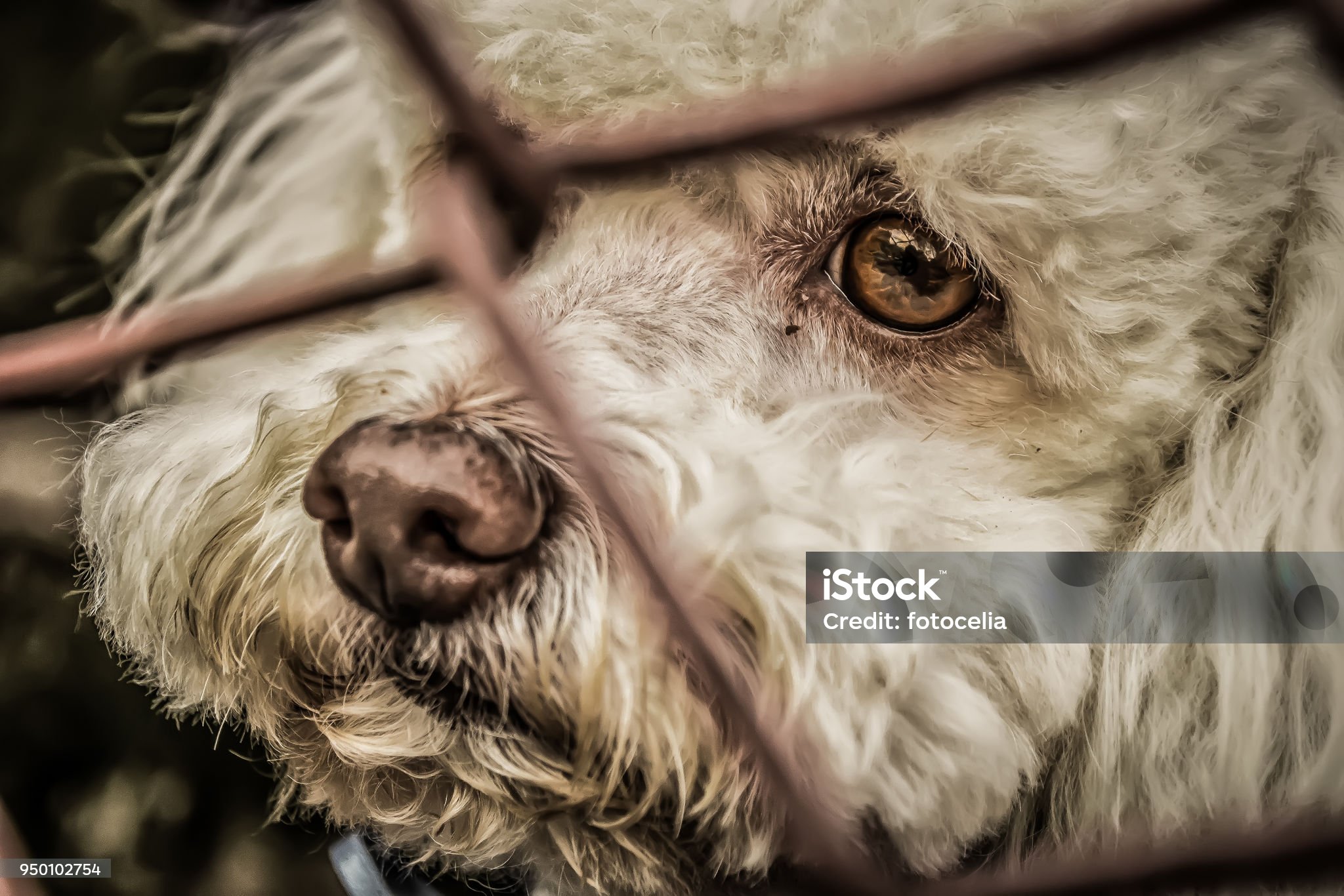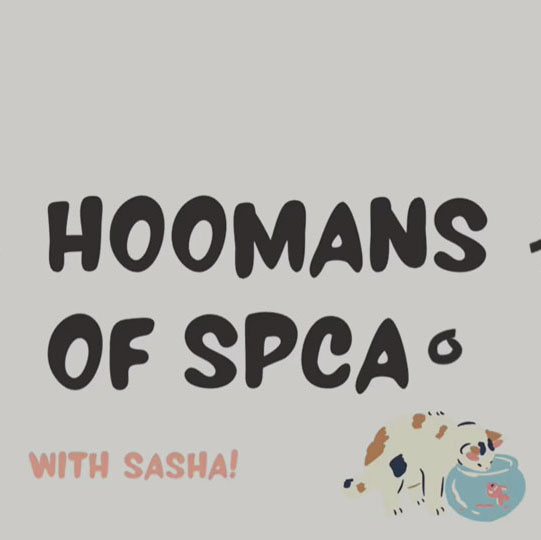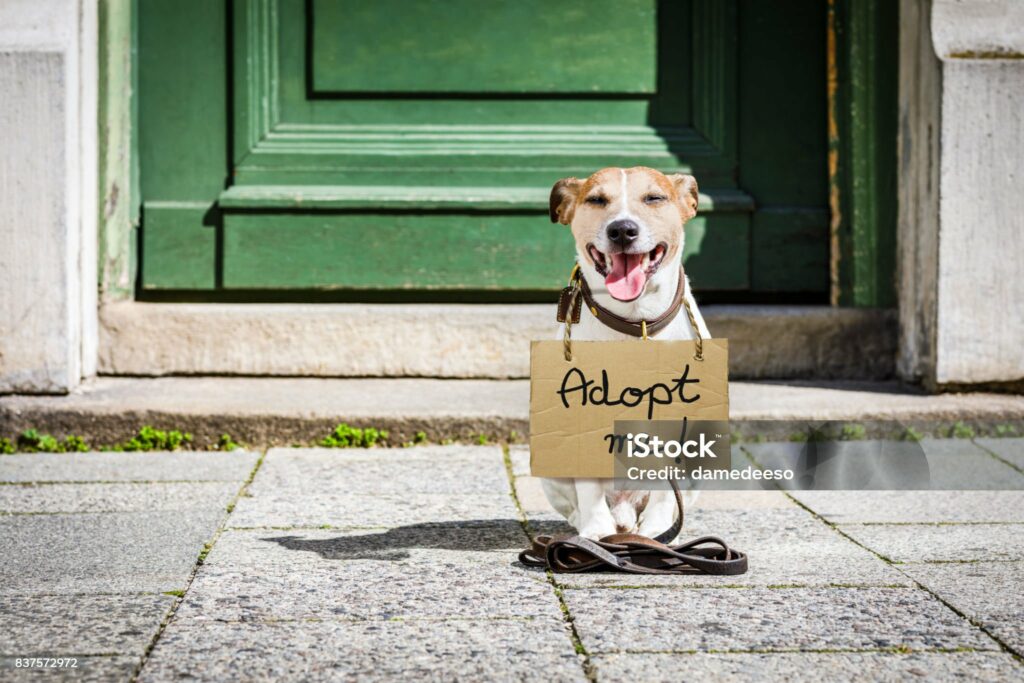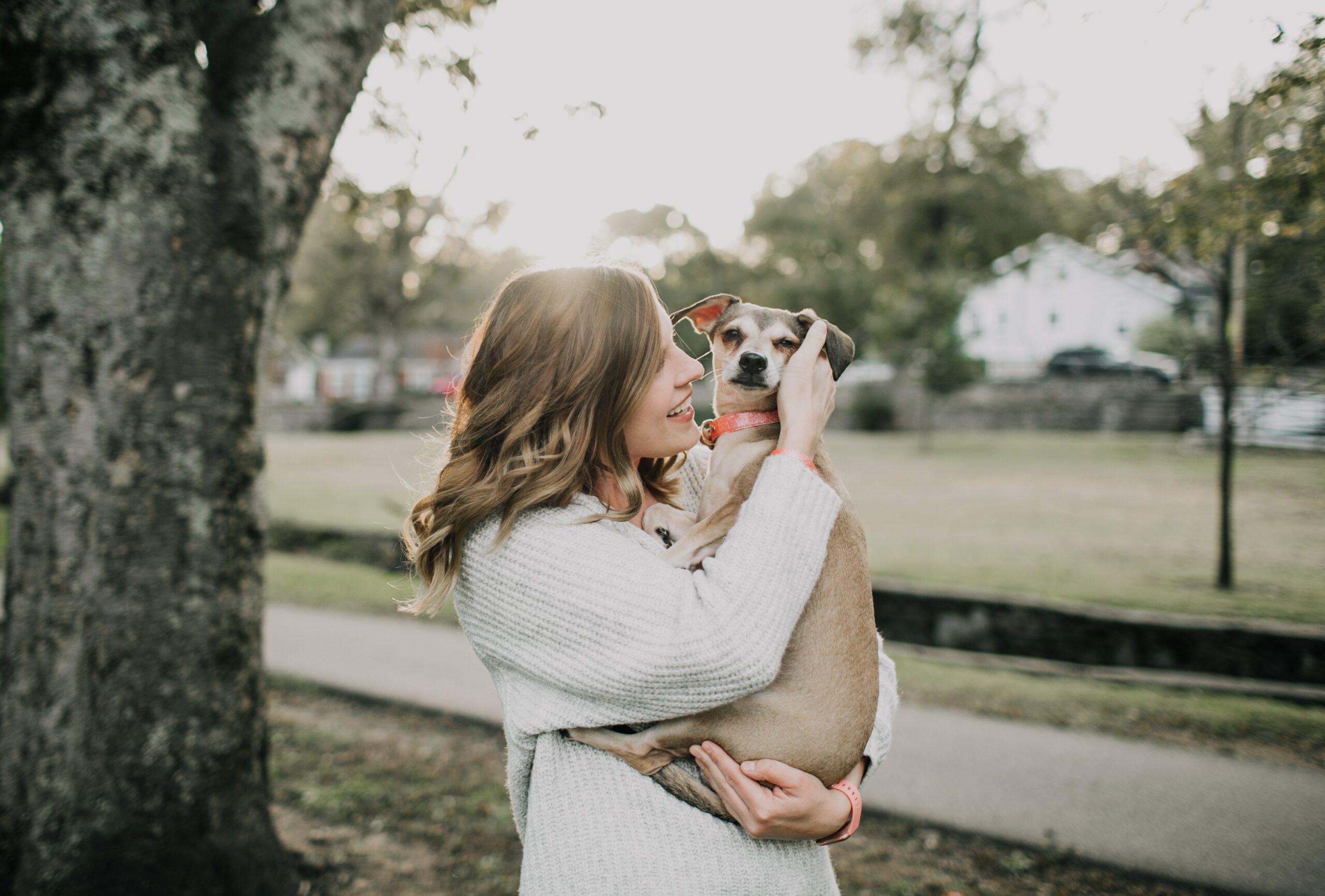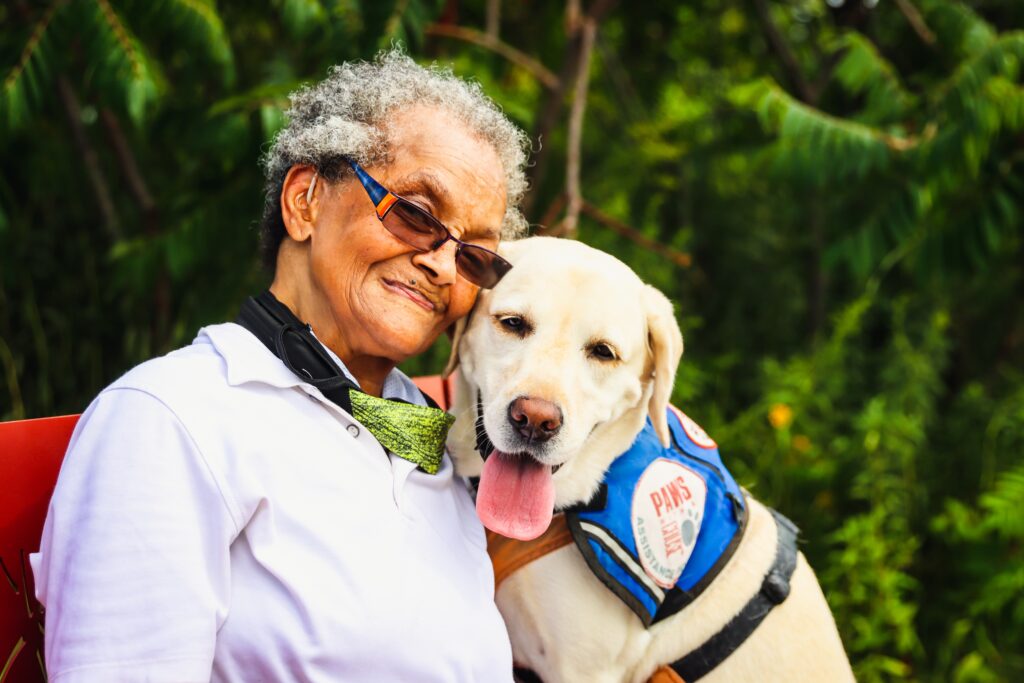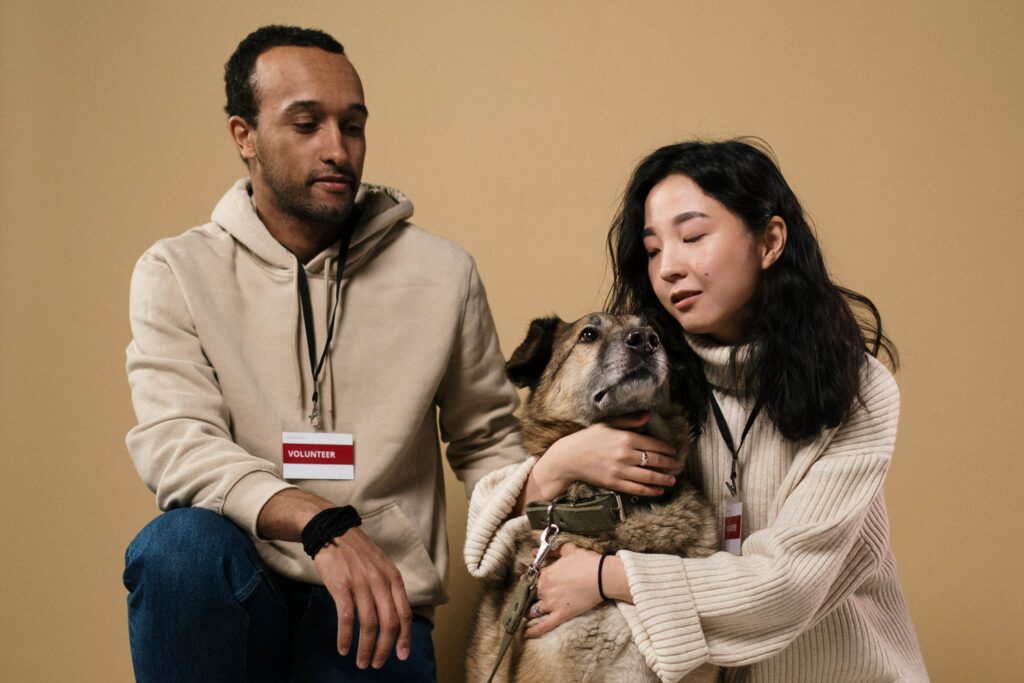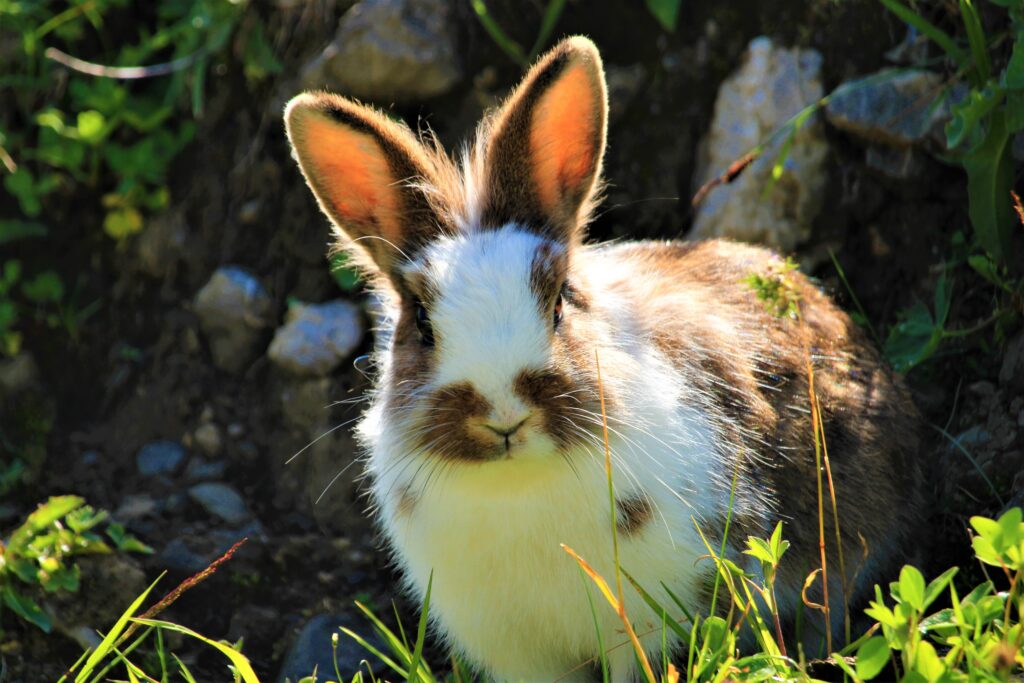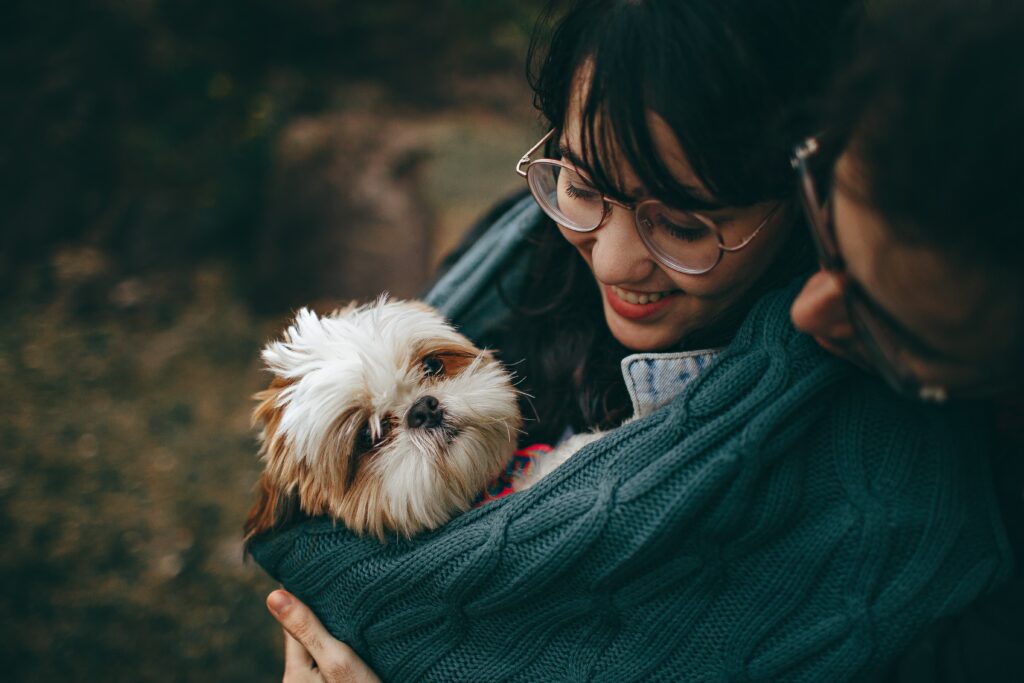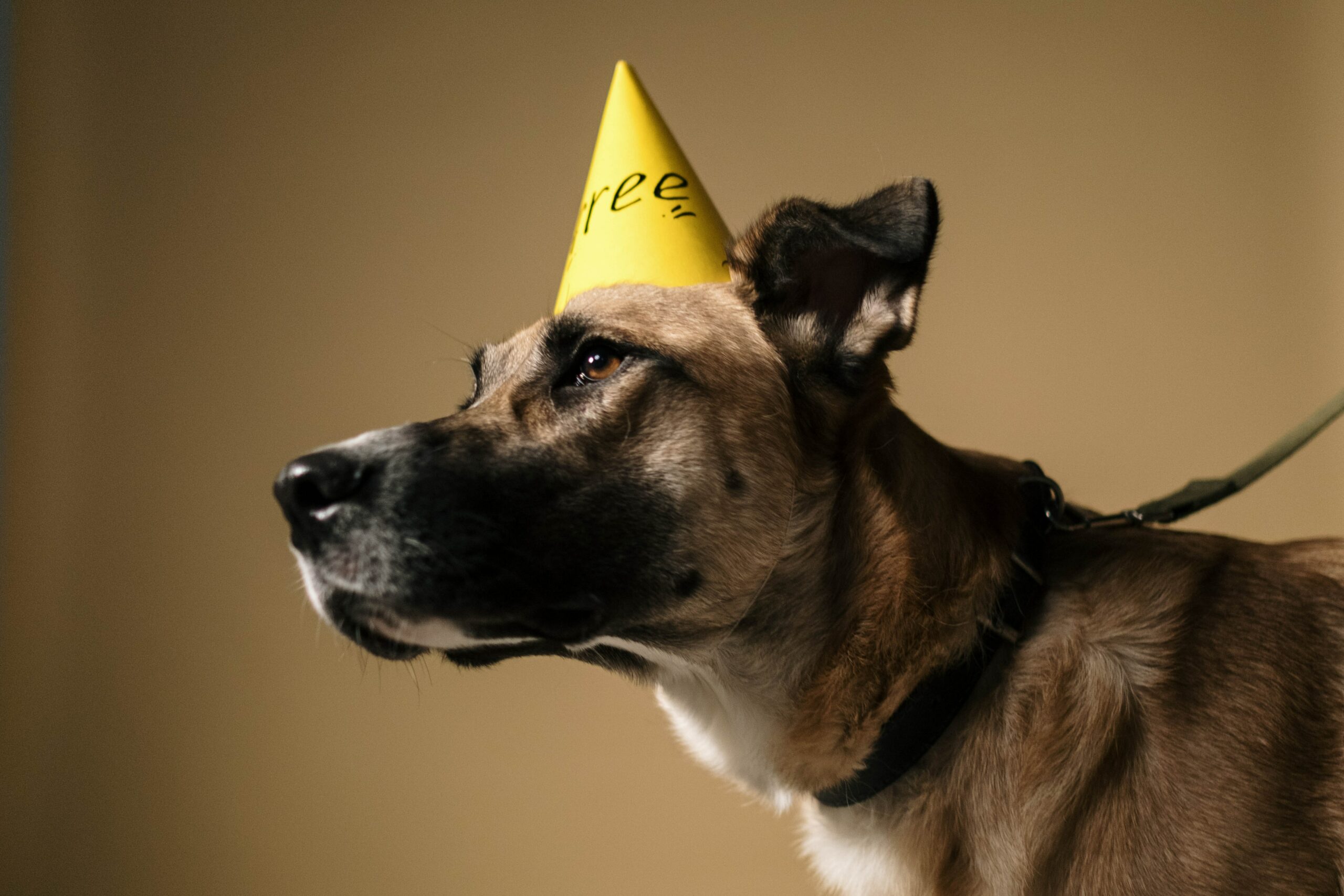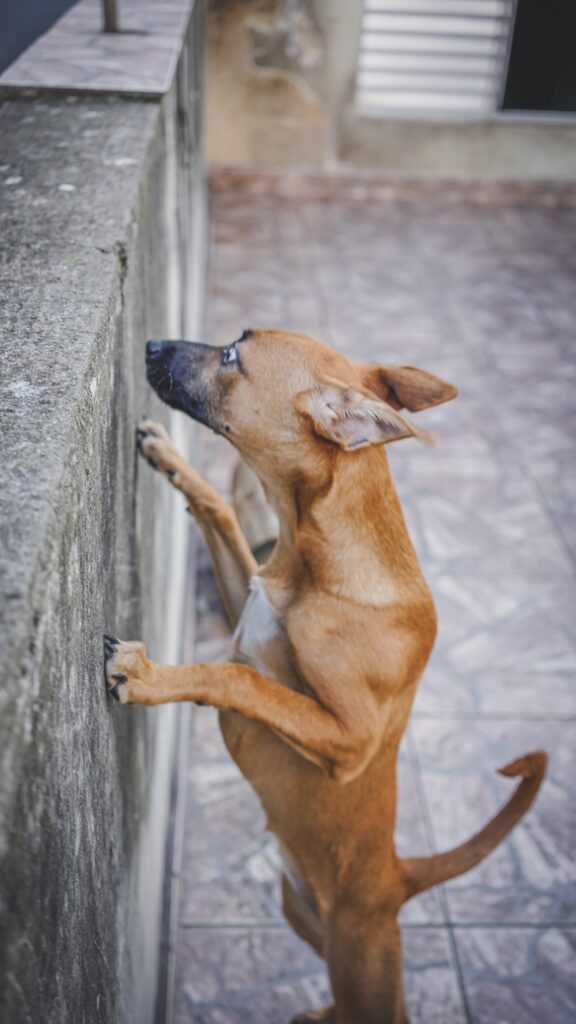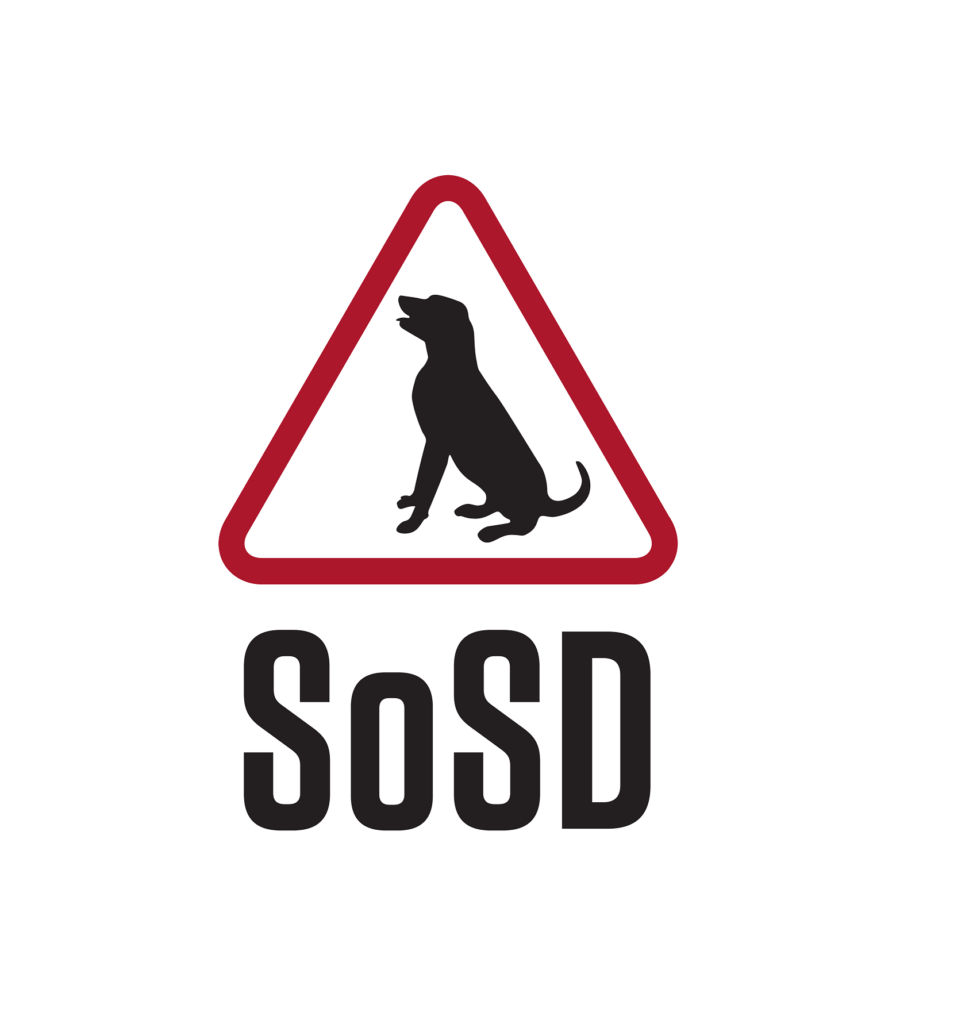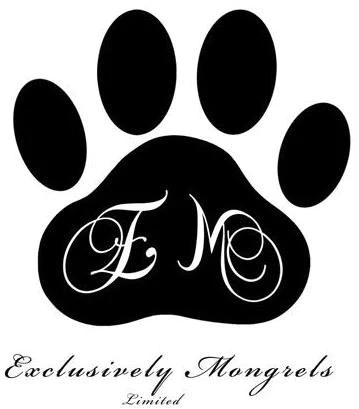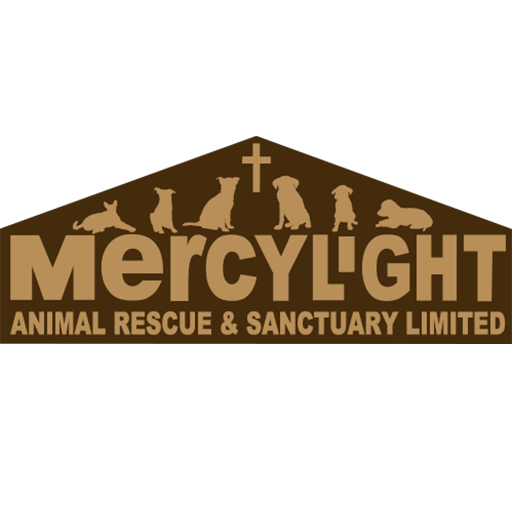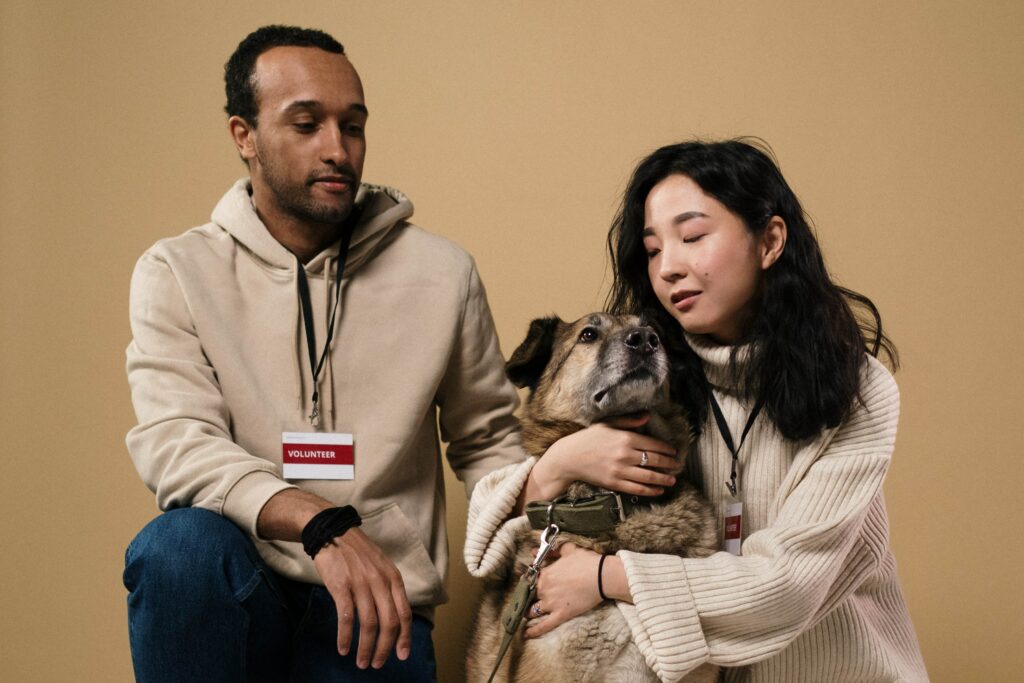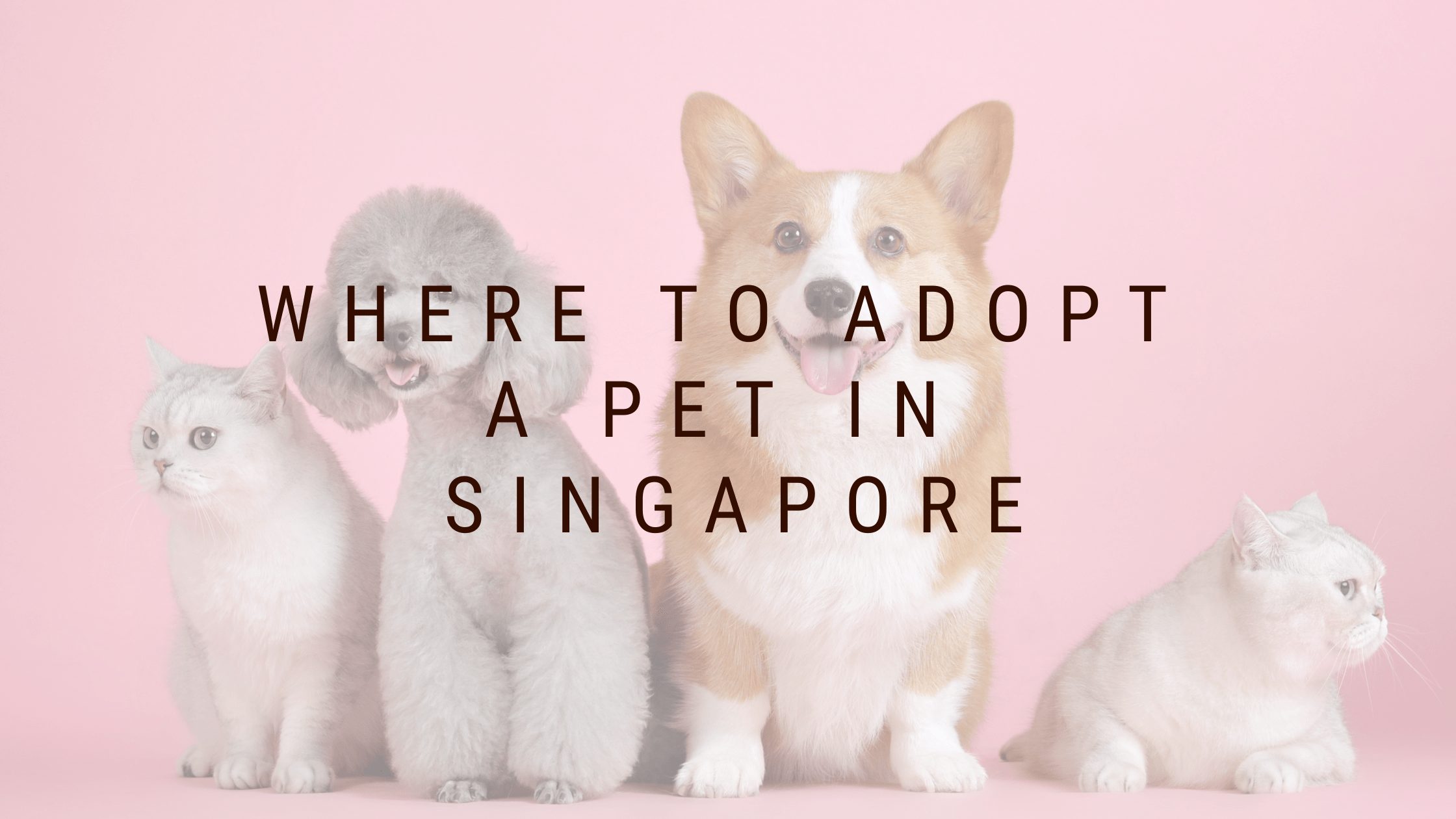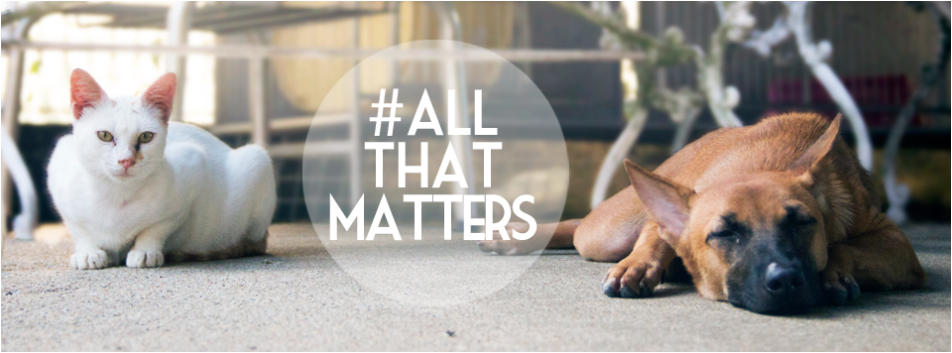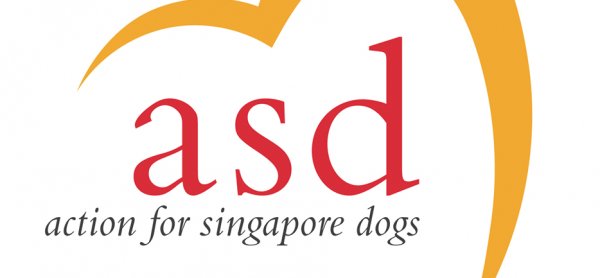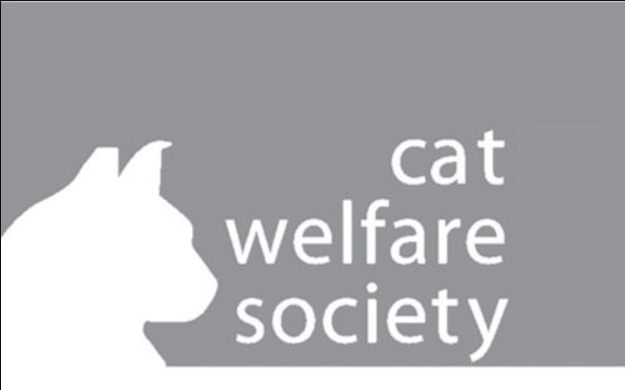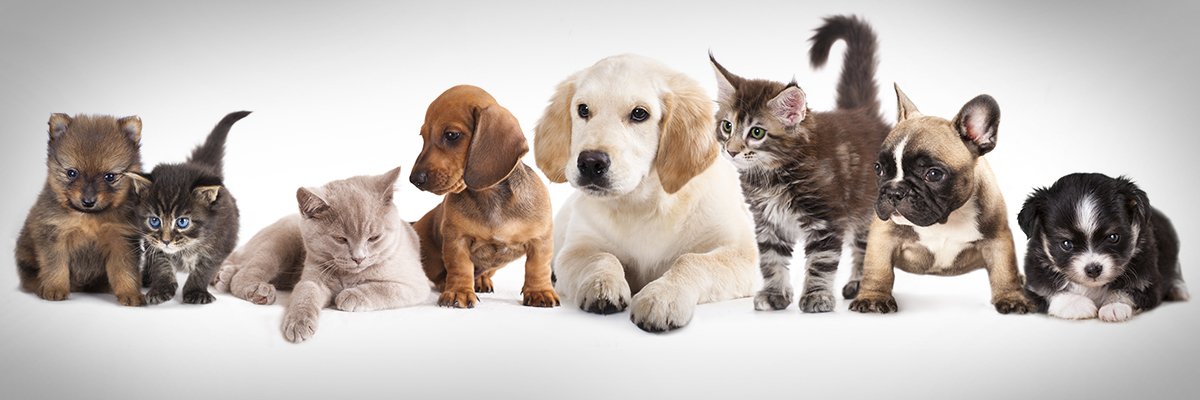
Choosing to bring a pet into your home is a significant decision that requires careful consideration. In Singapore, potential pet owners have two primary options: buying from a pet shop or breeder or adopting from an animal shelter. Each option has its own set of advantages and challenges. Understanding these factors will help you make an informed decision that aligns with your lifestyle and values.
Buying a Pet in Singapore
The Process of Buying a Pet
Purchasing a pet in Singapore typically involves buying from pet shops, breeders, or online listings. The process is usually straightforward, often allowing potential owners to choose a specific breed, age, or temperament that fits their preference.
Pros of Buying a Pet
Breed and Pedigree Selection – If you have a particular breed in mind, buying from a reputable breeder ensures pedigree purity and known lineage.
Predictable Traits – When purchasing from breeders, the pet’s physical characteristics, temperament, and potential health issues are often well-documented.
Early Socialization – Many breeders provide socialization training to young animals, making their transition to a new home smoother.
Cons of Buying a Pet
High Cost – Purchasing a pet from a breeder or pet shop can be expensive, with costs ranging from hundreds to thousands of dollars depending on the breed.
Ethical Concerns – Some commercial breeders and pet shops engage in unethical breeding practices, leading to health issues and overpopulation concerns.
Limited Availability of Rescue Pets – Buying reduces the chance of providing a home to an abandoned or rescue pet in need.
Adopting a Pet in Singapore
The Process of Pet Adoption in Singapore
Adopting a pet in Singapore usually involves visiting an animal shelter, filling out an adoption application, and sometimes undergoing a screening process to ensure suitability.
Pros of Pet Adoption
Saving a Life – Many rescue pets have been abandoned or mistreated. By adopting, you give them a second chance at a loving home.
Lower Costs – Adoption fees are generally more affordable than buying from breeders, and many shelters include vaccinations and sterilization in their adoption package.
Support from Shelters – Many adoption organizations provide post-adoption support, including training and veterinary advice.
Fewer Health Risks – Shelter pets are often screened for diseases and treated before being rehomed.
Cons of Pet Adoption
Limited Breed Selection – Most pets available for adoption are mixed breeds, which may not be ideal for those looking for a specific pedigree.
Unknown Backgrounds – Some rescue animals may have a history of trauma, requiring additional patience and training.
Adoption Process Can Be Lengthy – Unlike buying, adopting may require interviews and home assessments to ensure responsible ownership.
Key Considerations Before Getting a Pet
Regardless of whether you choose to buy or adopt, there are several factors you should consider before bringing a pet into your home.
Lifestyle and Commitment
Pets require long-term commitment. Consider your daily routine, travel frequency, and availability to care for a pet before making a decision.
Financial Responsibility
Beyond the initial cost of purchasing or adopting, pet ownership comes with ongoing expenses such as food, grooming, medical care, and insurance.
Space and Environment
Singapore’s housing regulations and space constraints should be factored in when choosing a pet. HDB (Housing Development Board) flats have specific pet restrictions, particularly for dogs.
Legal and Ethical Considerations
Ensure that your pet comes from a legal and ethical source. Avoid supporting illegal pet trade or irresponsible breeders.
Where to Buy or Adopt a Pet in Singapore
Reputable Breeders and Pet Shops
Licensed pet shops registered with the Animal & Veterinary Service (AVS)
Ethical breeders with proper documentation
Animal Shelters and Adoption Centers
Society for the Prevention of Cruelty to Animals (SPCA)
Animal Lovers League (ALL)
Voices for Animals (VFA)
Causes for Animals Singapore (CAS)
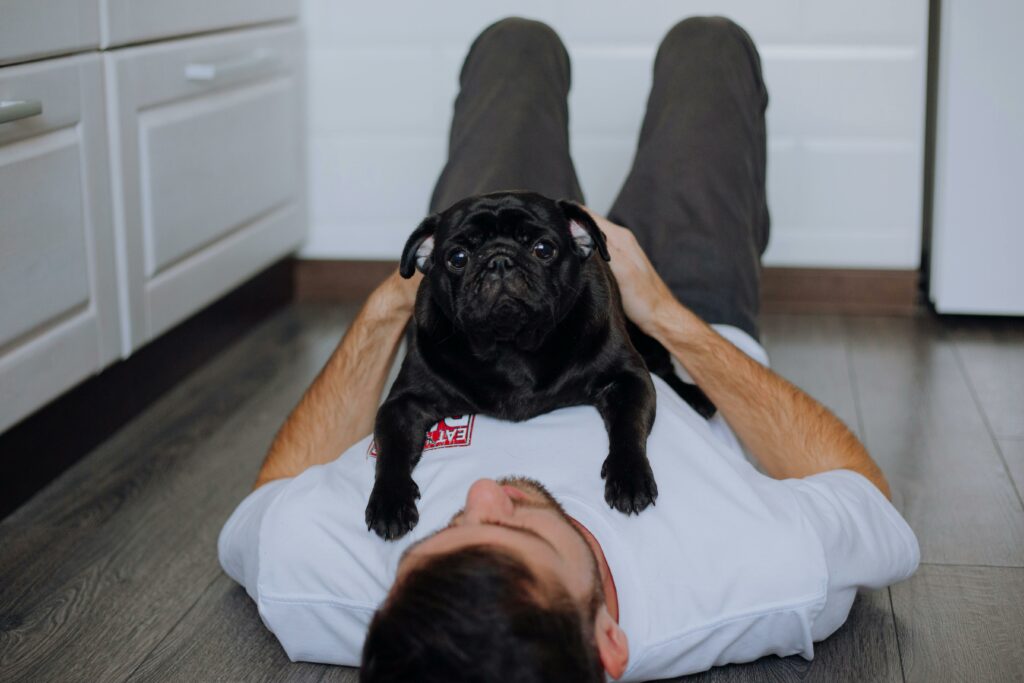
Conclusion
Both buying and adopting a pet in Singapore come with benefits and challenges. If you’re looking for a specific breed with predictable traits, purchasing from a responsible breeder may be the right choice. However, if you want to provide a home to a deserving animal while helping to reduce pet overpopulation, pet adoption in Singapore is a meaningful and rewarding option. Regardless of your decision, responsible pet ownership should always be the priority.































